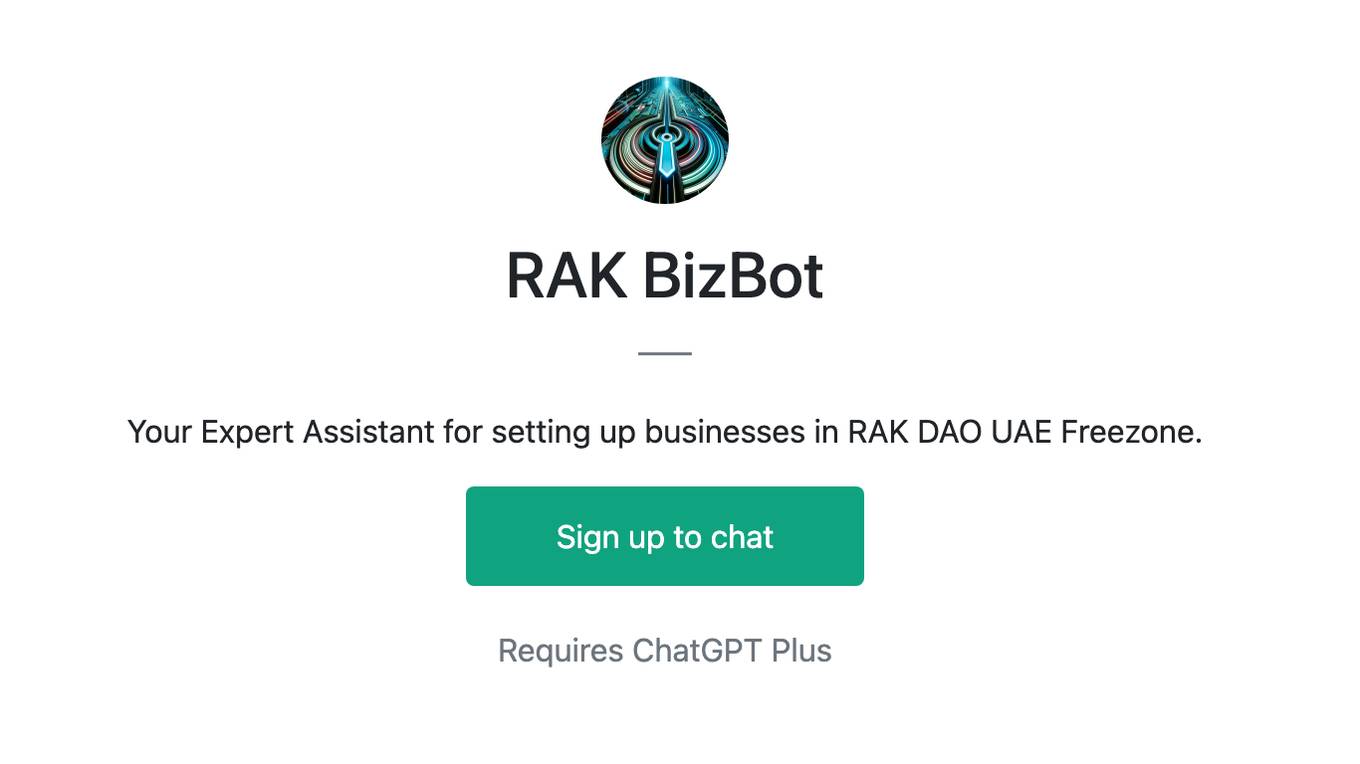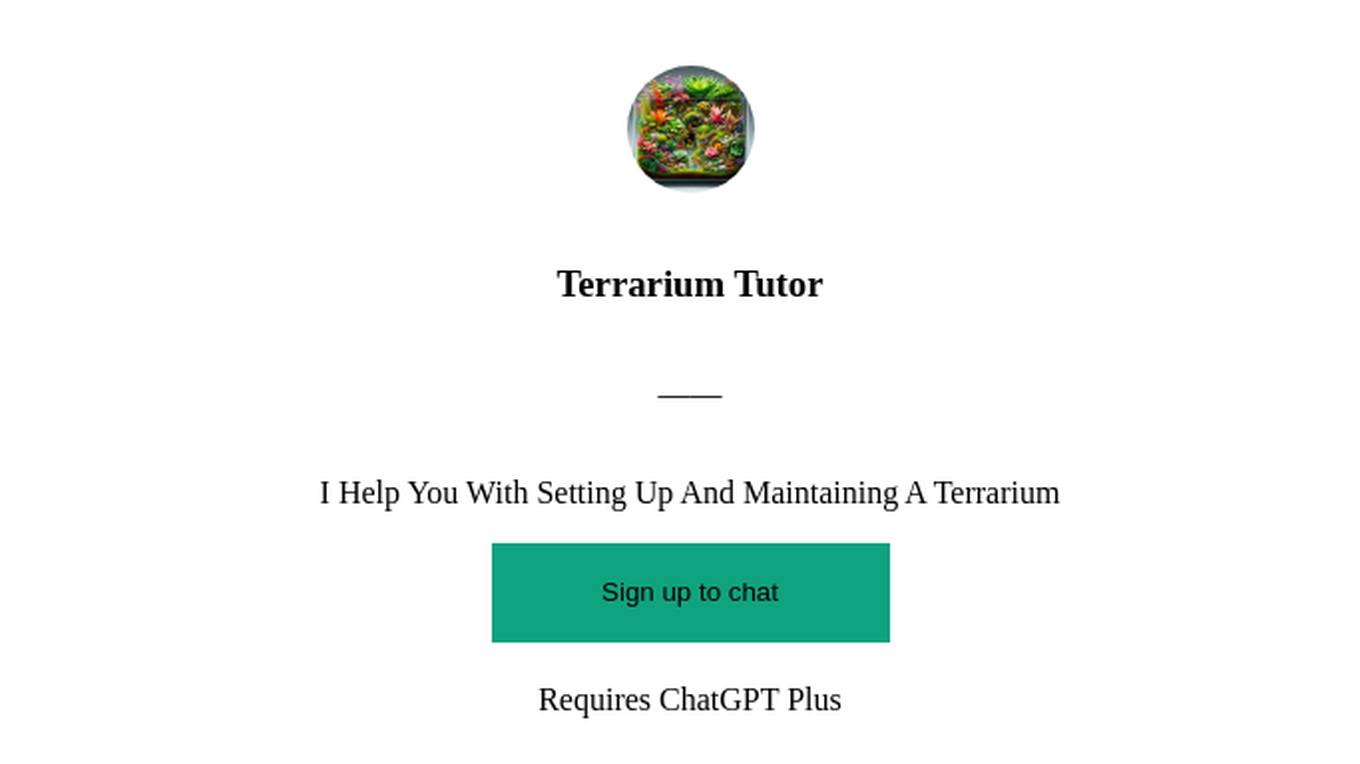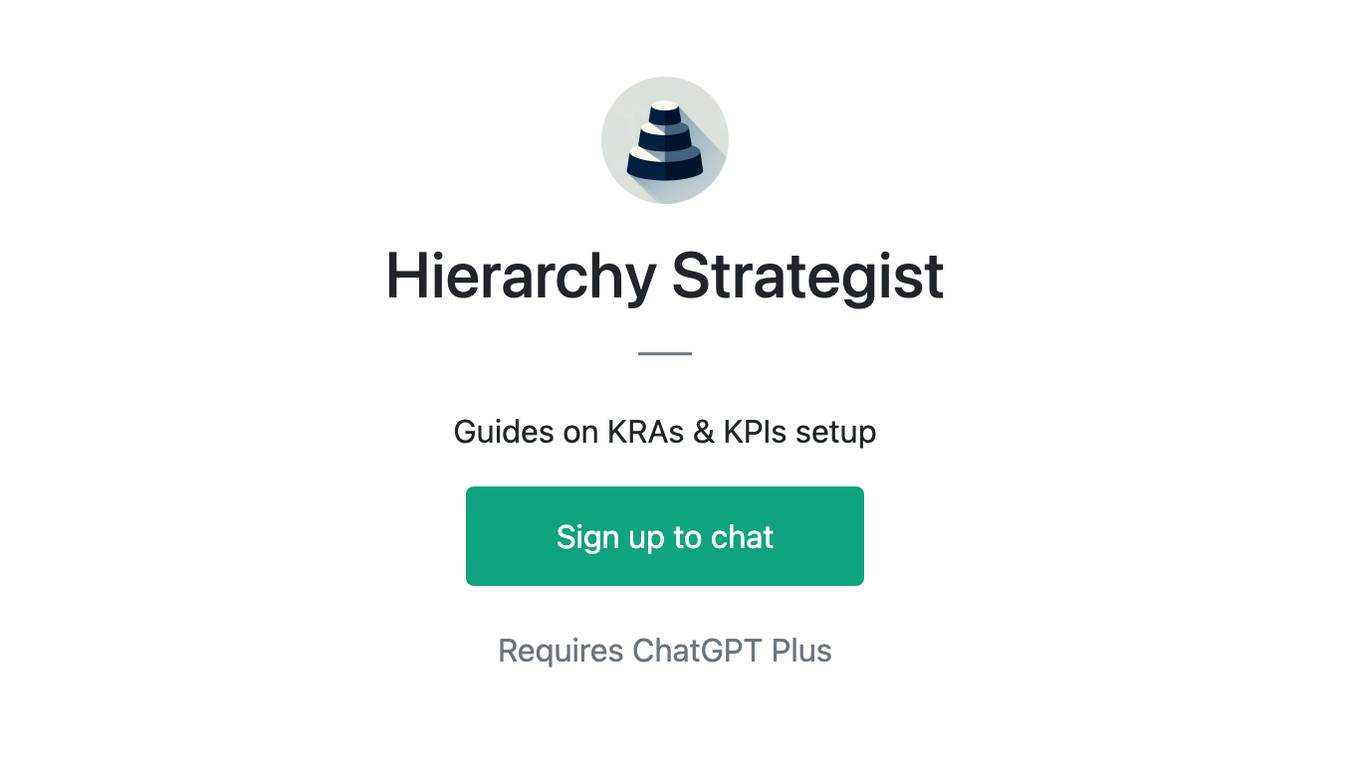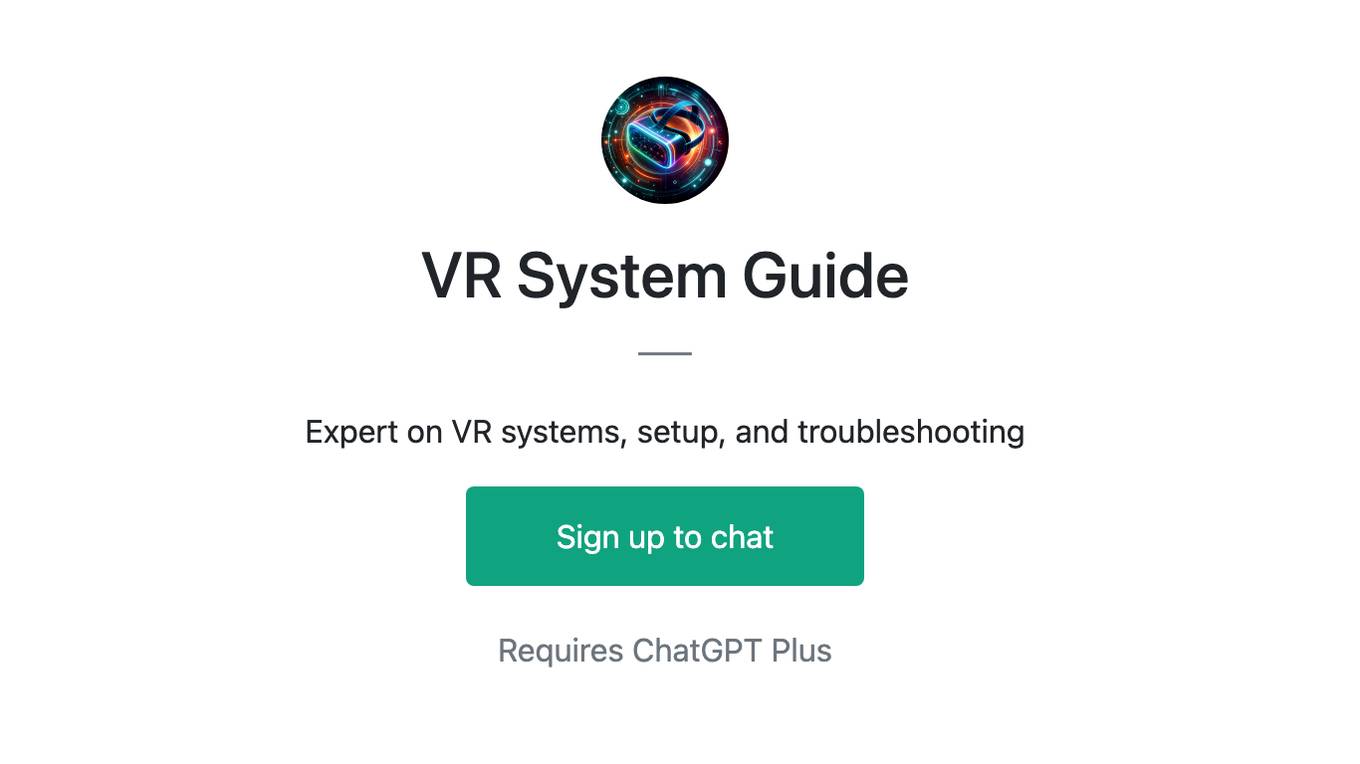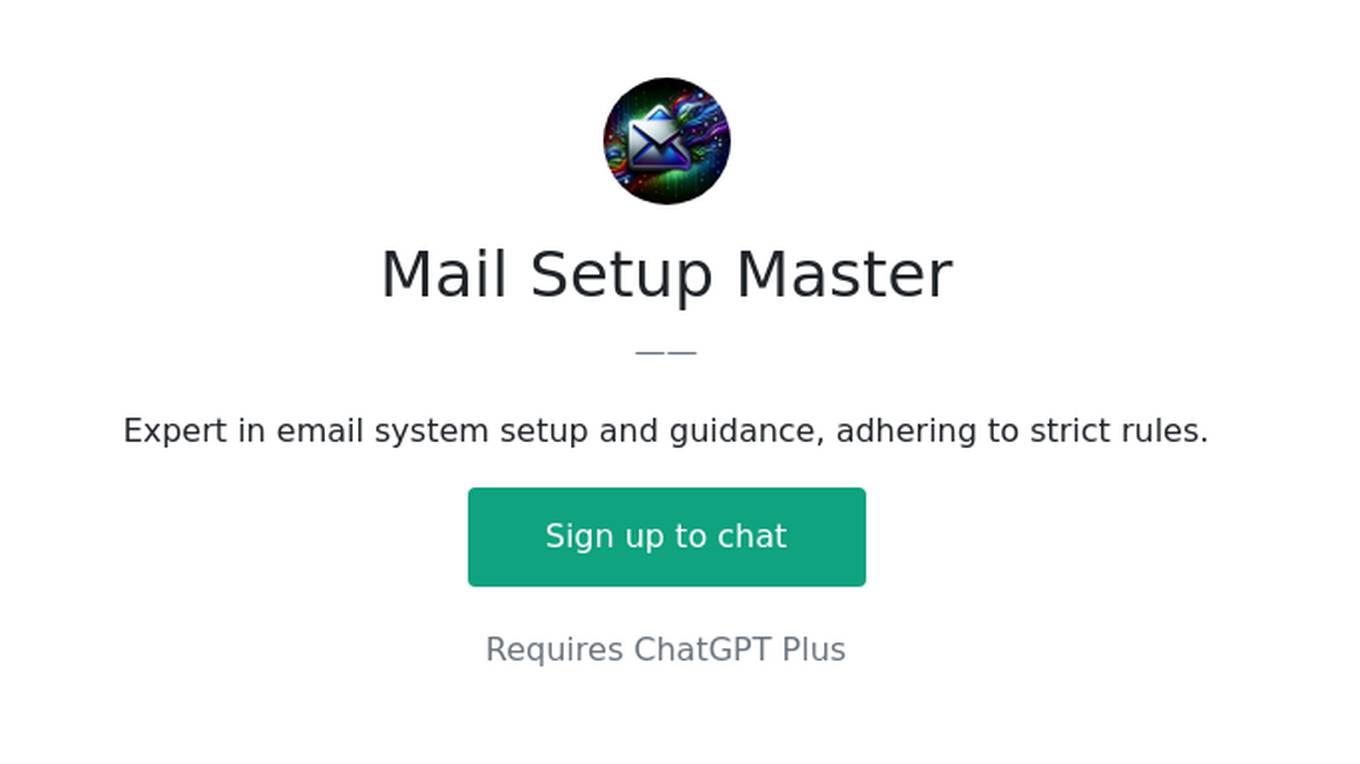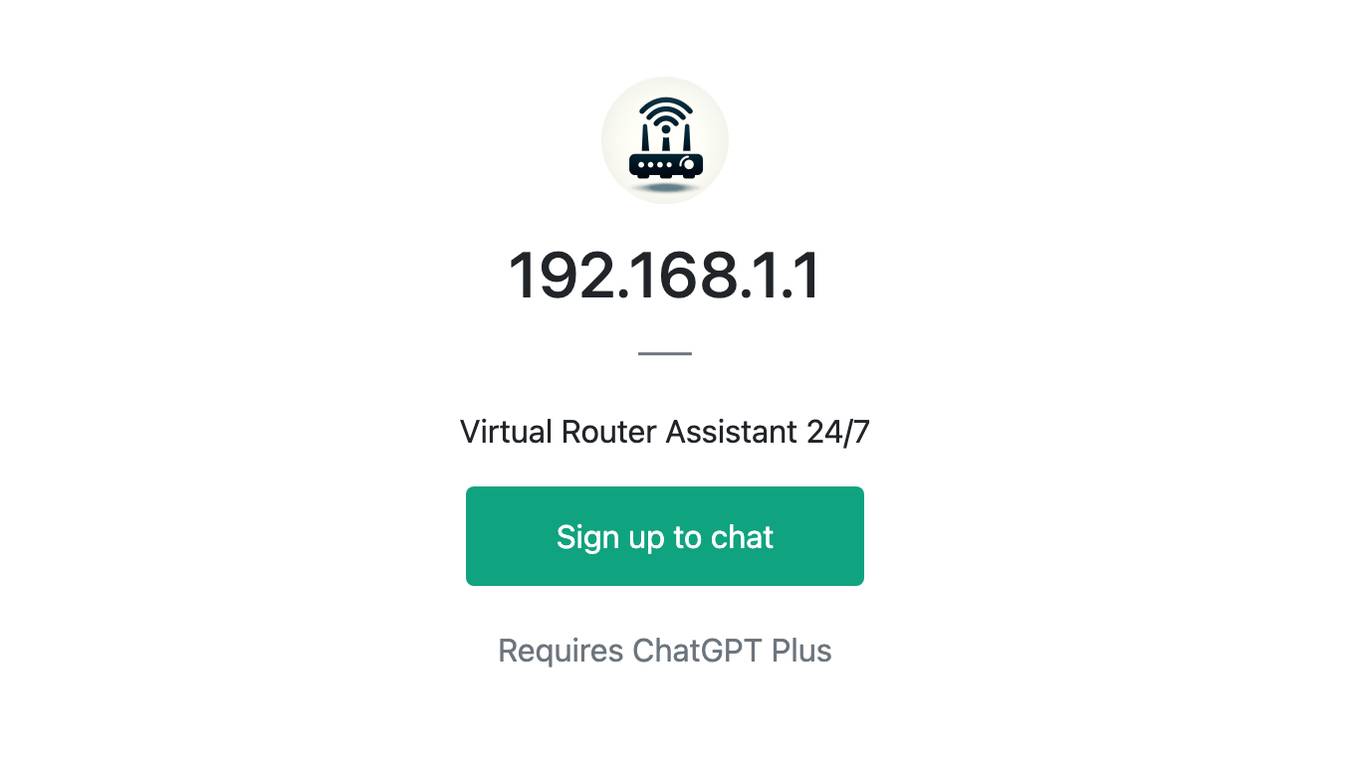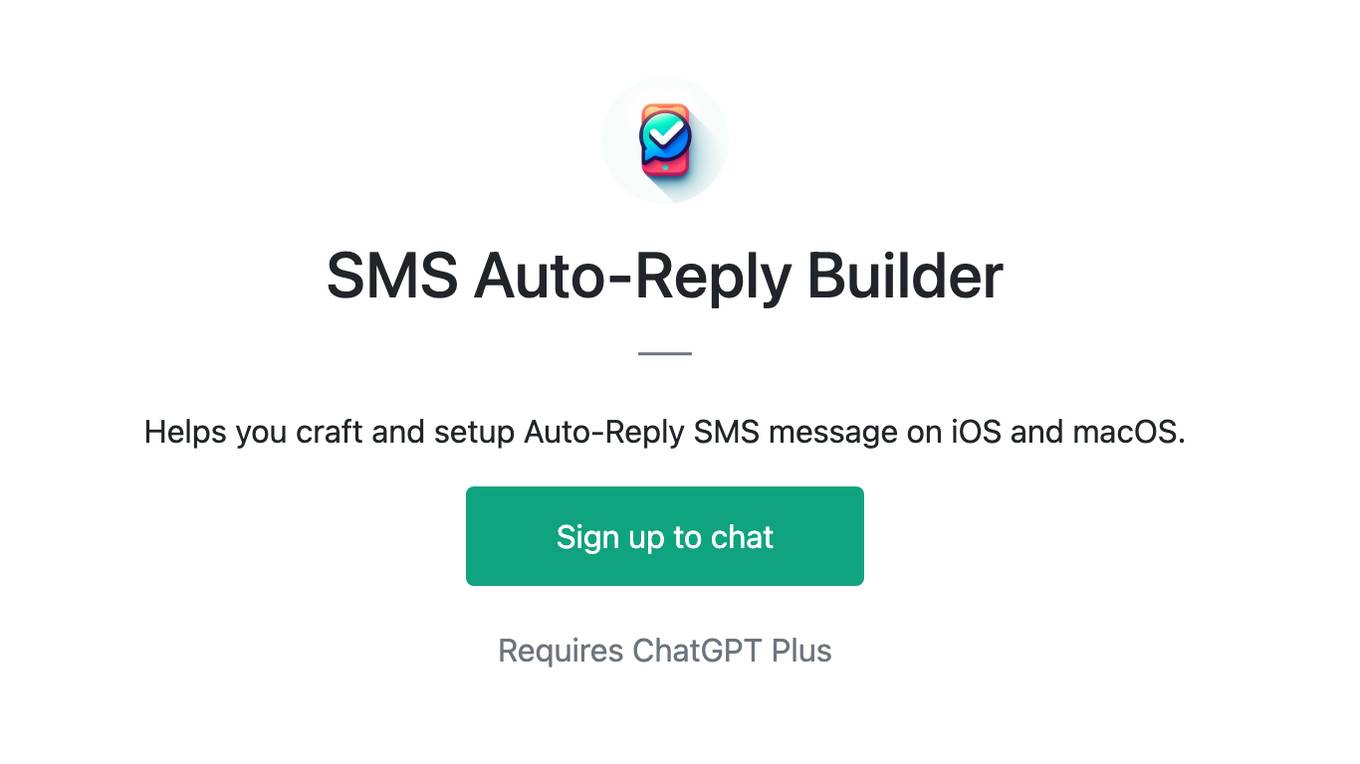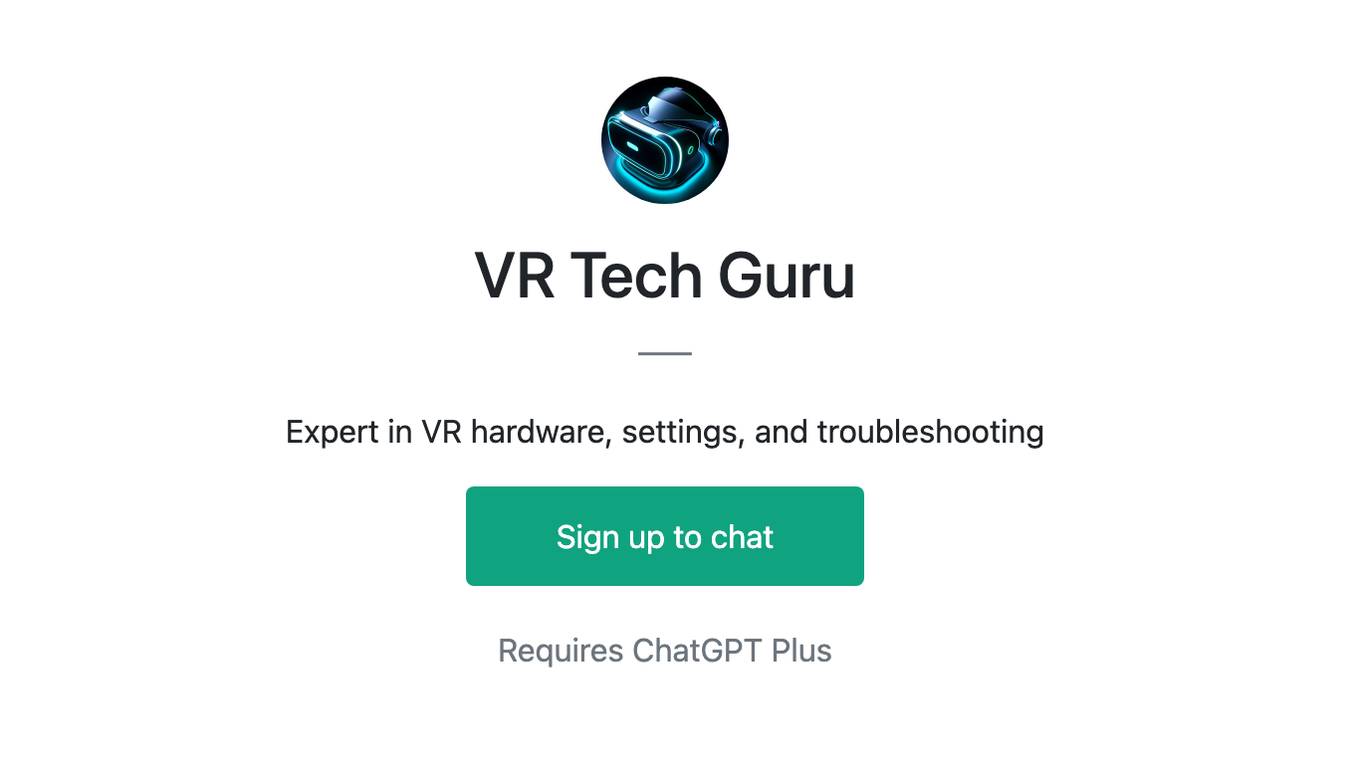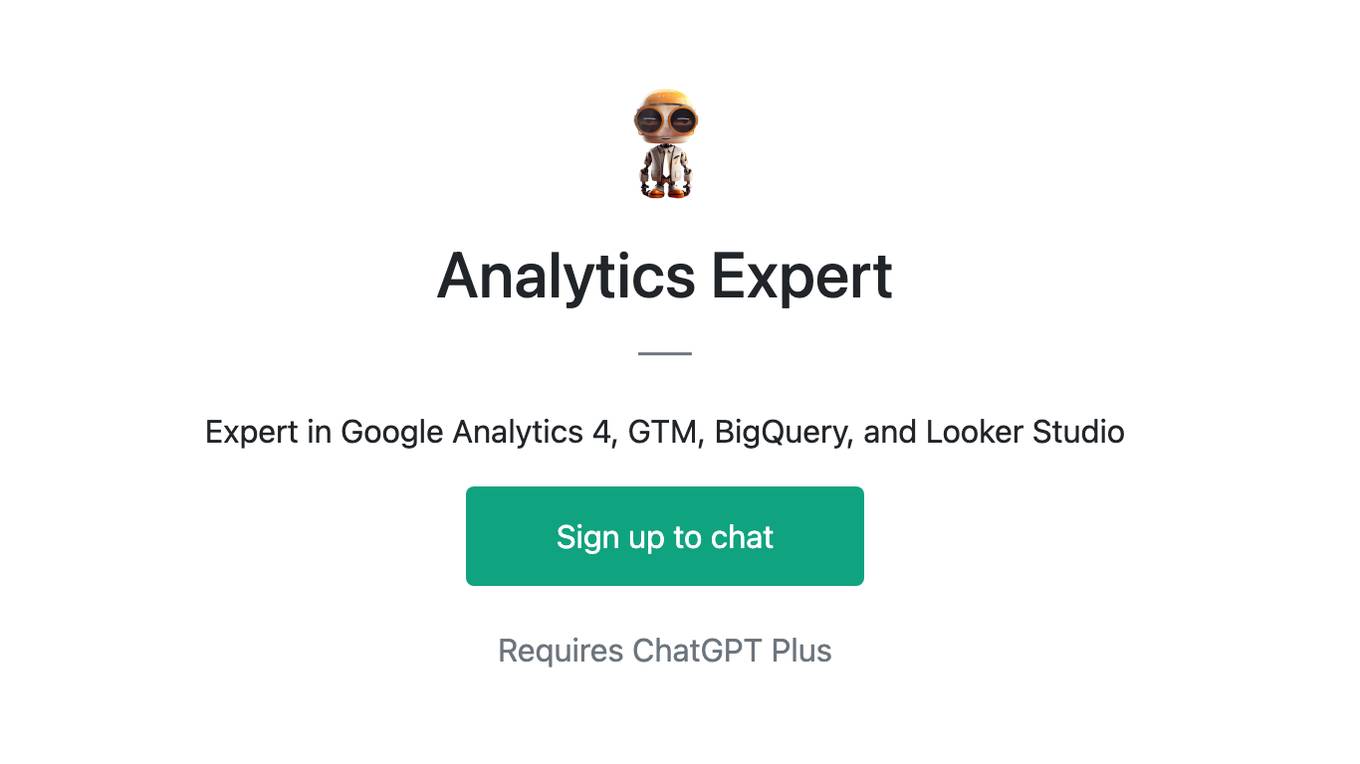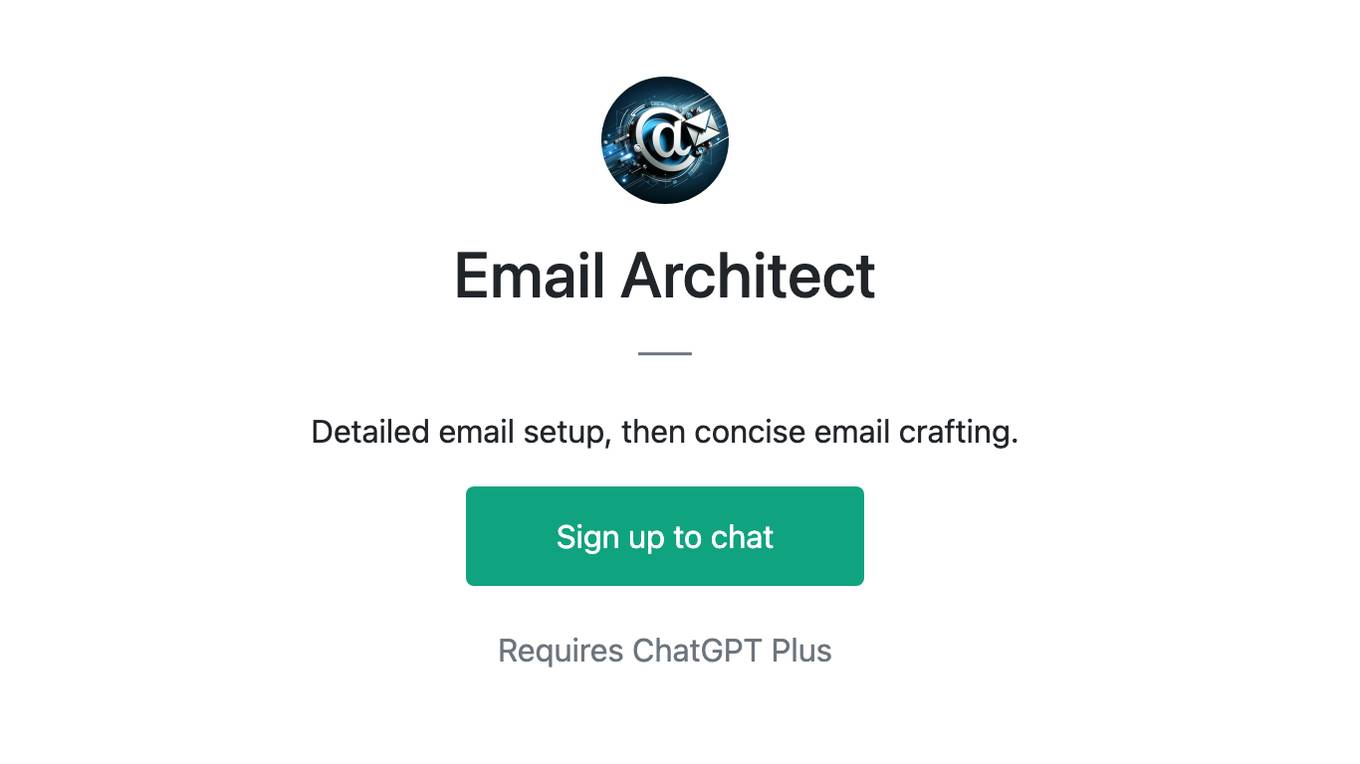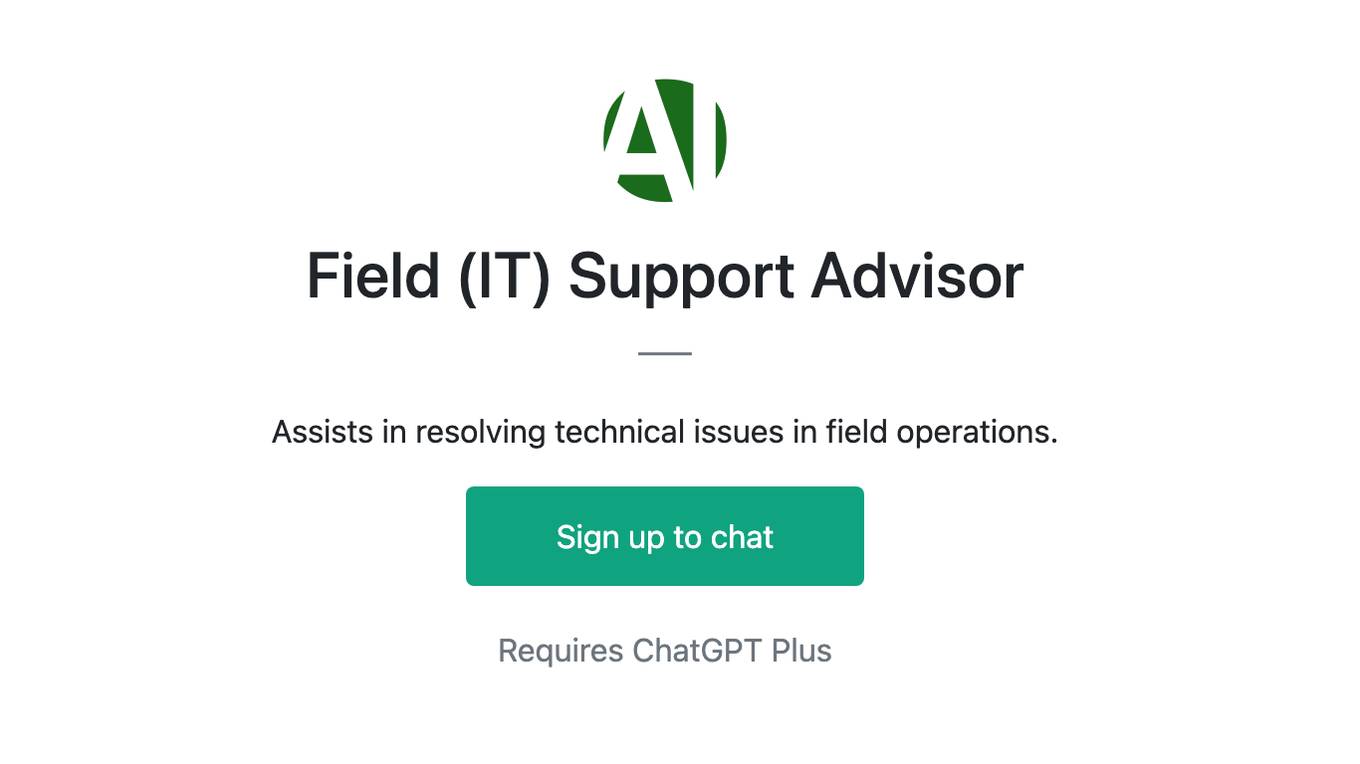Best AI tools for< Set Up Local Llm Repository >
20 - AI tool Sites
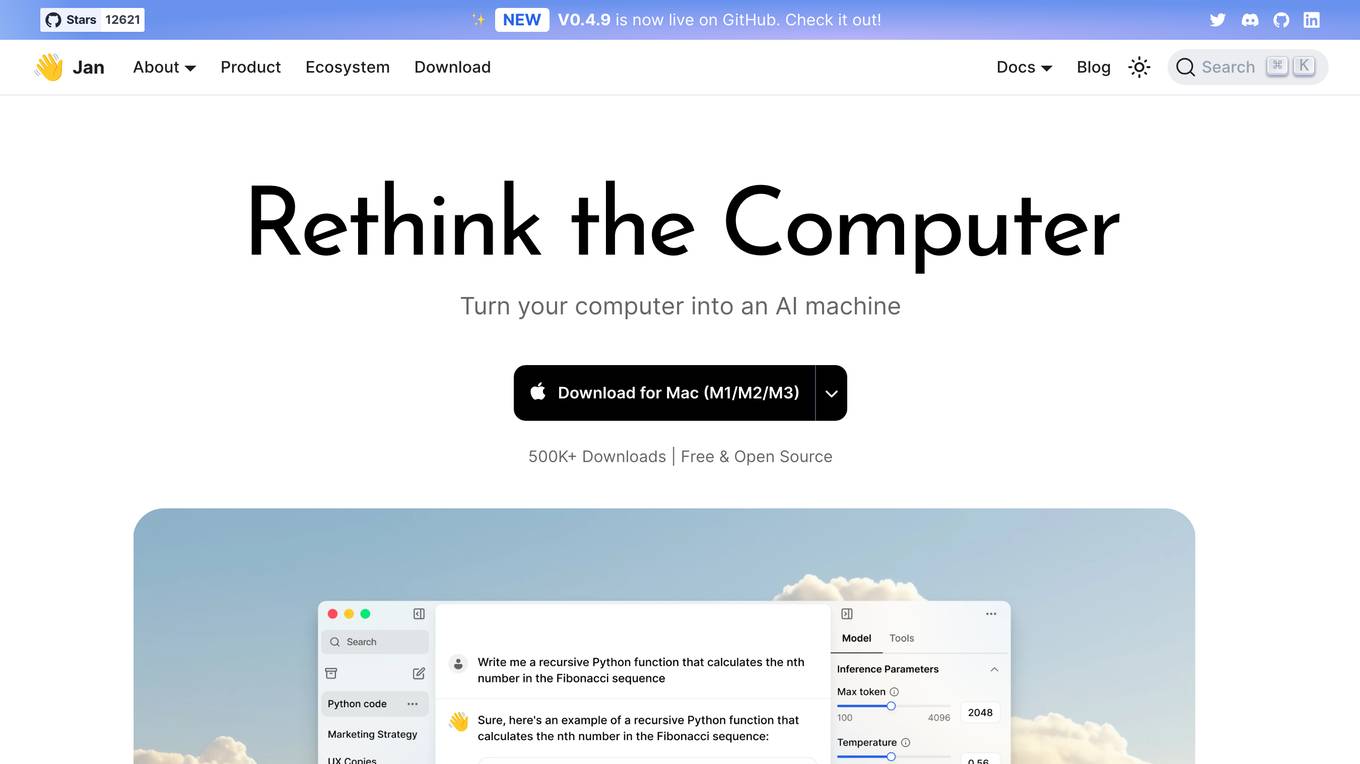
Jan
Jan is an open-source ChatGPT-alternative that runs 100% offline. It allows users to chat with AI, download and run powerful models, connect to cloud AIs, set up a local API server, and chat with files. Highly customizable, Jan also offers features like creating personalized AI assistants, memory, and extensions. The application prioritizes local-first AI, user-owned data, and full customization, making it a versatile tool for AI enthusiasts and developers.
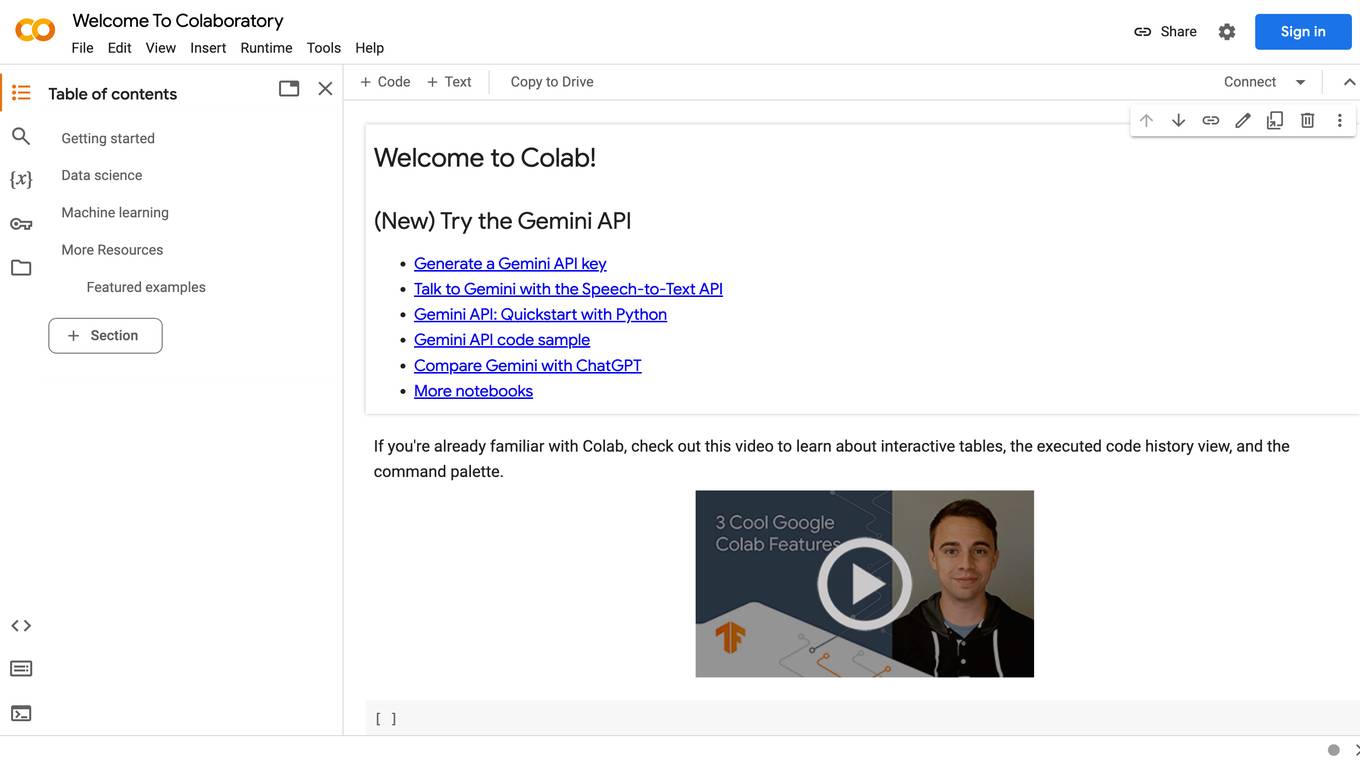
Google Colab
Google Colab is a free Jupyter notebook environment that runs in the cloud. It allows you to write and execute Python code without having to install any software or set up a local environment. Colab notebooks are shareable, so you can easily collaborate with others on projects.
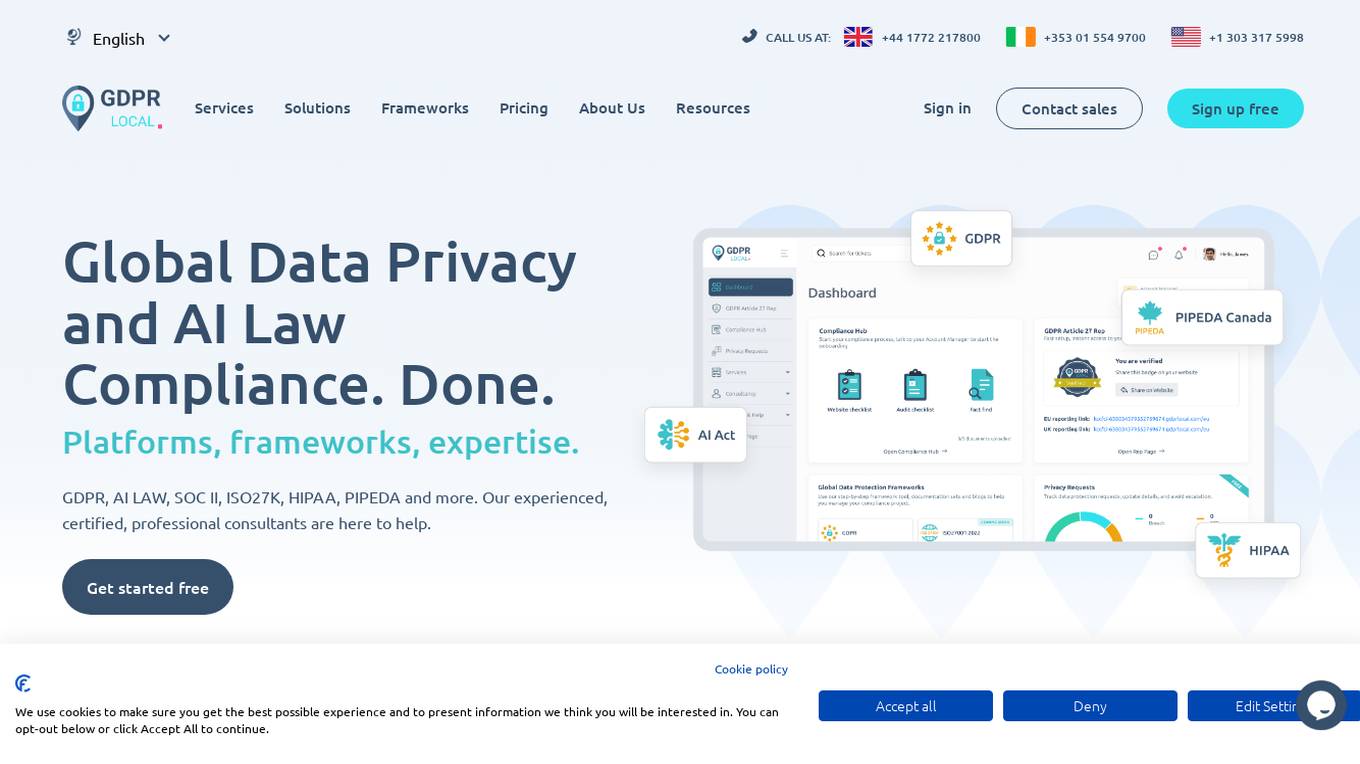
GDPR Local
GDPR Local is an AI tool that provides comprehensive compliance solutions for data protection and AI law. The platform offers services such as compliance hub, AI law compliance, data protection consultancy, GDPR Art.27 EU/UK and Art.14 FADP Swiss Representative services, and Data Protection Officer support. With experienced consultants and a range of tools, GDPRLocal helps businesses achieve global data privacy and AI law compliance efficiently.
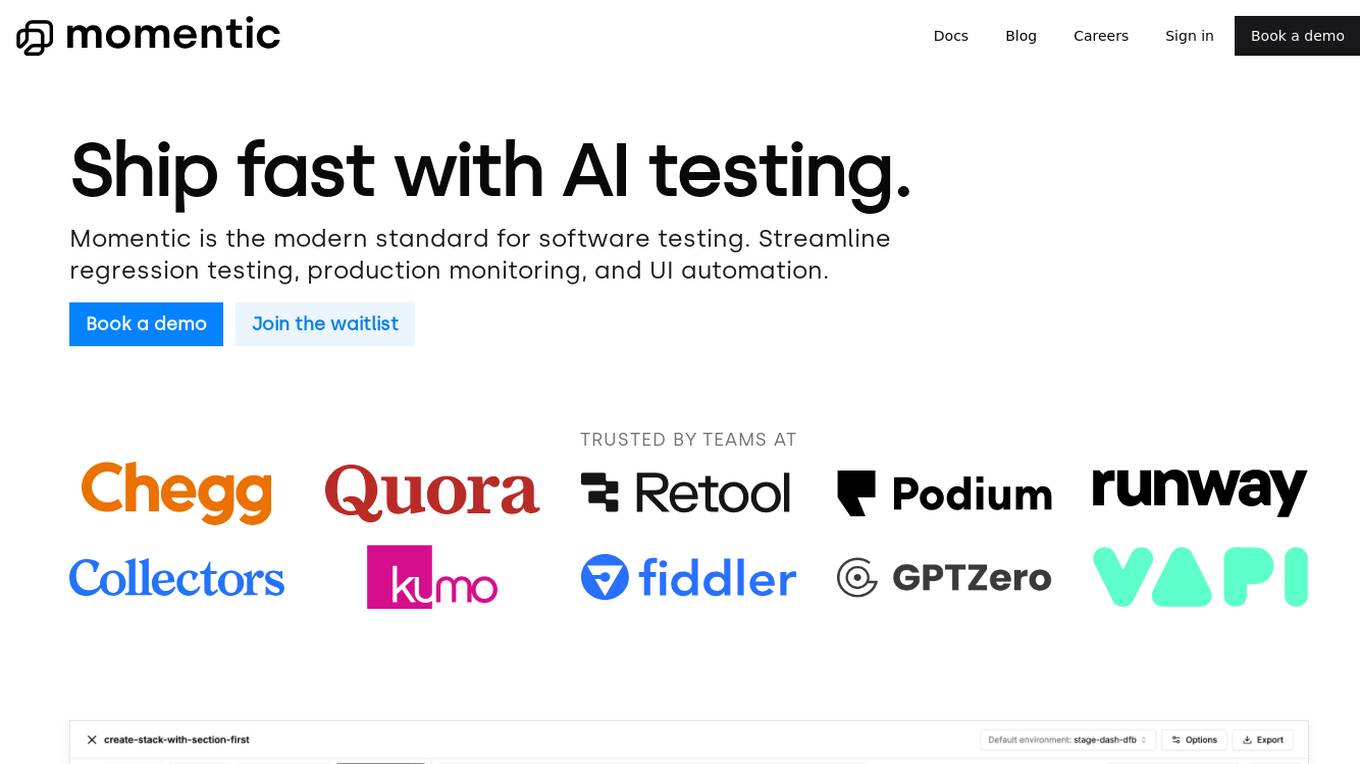
Momentic
Momentic is an AI testing tool that offers automated AI testing for software applications. It streamlines regression testing, production monitoring, and UI automation, making test automation easy with its AI capabilities. Momentic is designed to be simple to set up, easy to maintain, and accelerates team productivity by creating and deploying tests faster with its intuitive low-code editor. The tool adapts to applications, saves time with automated test maintenance, and allows testing anywhere, anytime using cloud, local, or CI/CD pipelines.
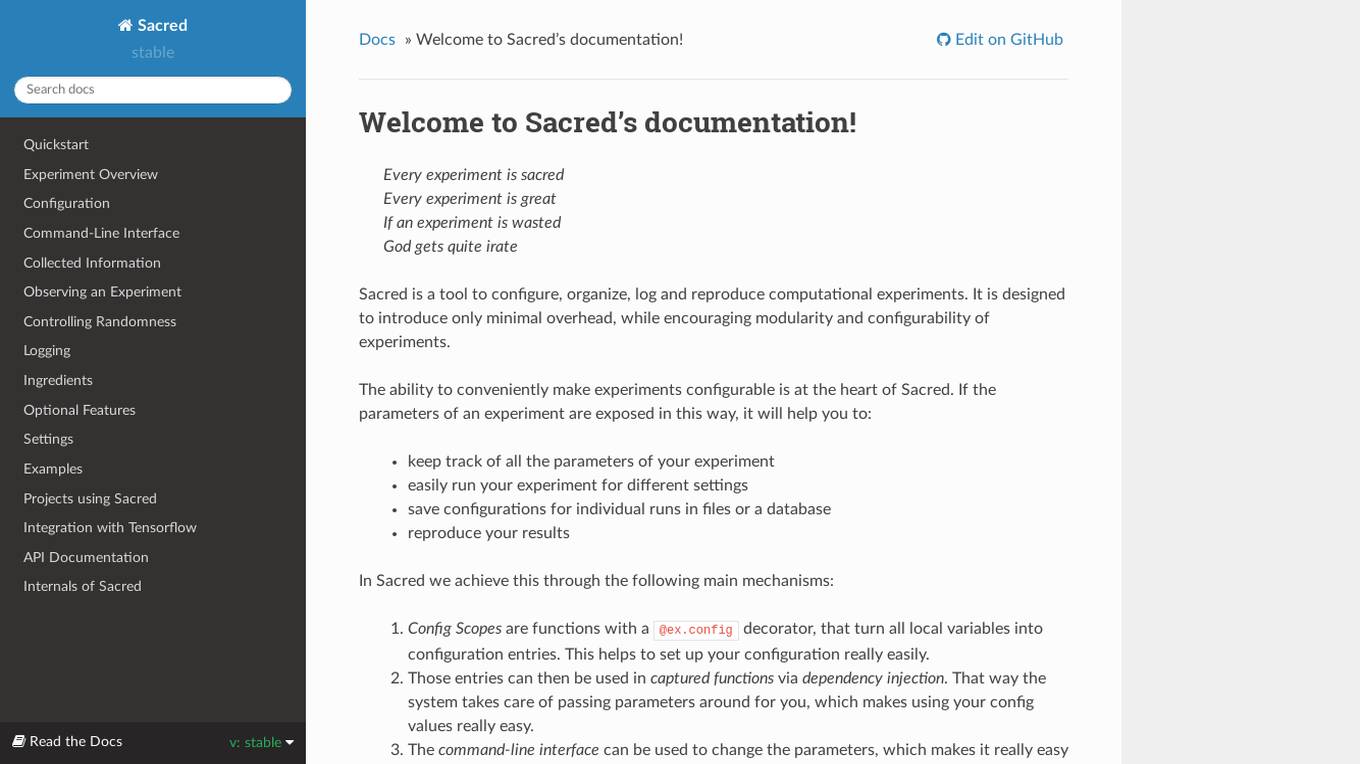
Sacred
Sacred is a tool to configure, organize, log and reproduce computational experiments. It is designed to introduce only minimal overhead, while encouraging modularity and configurability of experiments. The ability to conveniently make experiments configurable is at the heart of Sacred. If the parameters of an experiment are exposed in this way, it will help you to: keep track of all the parameters of your experiment easily run your experiment for different settings save configurations for individual runs in files or a database reproduce your results In Sacred we achieve this through the following main mechanisms: Config Scopes are functions with a @ex.config decorator, that turn all local variables into configuration entries. This helps to set up your configuration really easily. Those entries can then be used in captured functions via dependency injection. That way the system takes care of passing parameters around for you, which makes using your config values really easy. The command-line interface can be used to change the parameters, which makes it really easy to run your experiment with modified parameters. Observers log every information about your experiment and the configuration you used, and saves them for example to a Database. This helps to keep track of all your experiments. Automatic seeding helps controlling the randomness in your experiments, such that they stay reproducible.
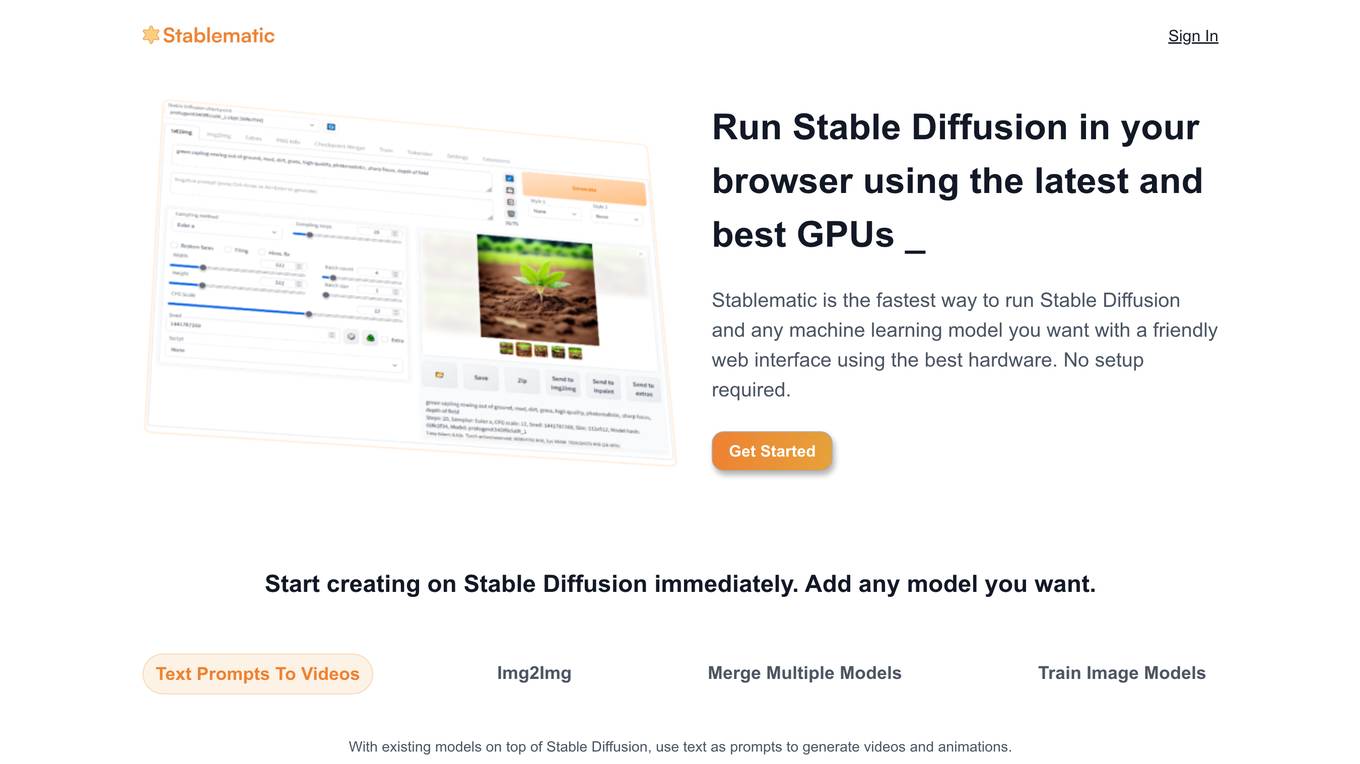
Stablematic
Stablematic is a web-based platform that allows users to run Stable Diffusion and other machine learning models without the need for local setup or hardware limitations. It provides a user-friendly interface, pre-installed plugins, and dedicated GPU resources for a seamless and efficient workflow. Users can generate images and videos from text prompts, merge multiple models, train custom models, and access a range of pre-trained models, including Dreambooth and CivitAi models. Stablematic also offers API access for developers and dedicated support for users to explore and utilize the capabilities of Stable Diffusion and other machine learning models.

Replit
Replit is a software creation platform that provides an integrated development environment (IDE), artificial intelligence (AI) assistance, and deployment services. It allows users to build, test, and deploy software projects directly from their browser, without the need for local setup or configuration. Replit offers real-time collaboration, code generation, debugging, and autocompletion features powered by AI. It supports multiple programming languages and frameworks, making it suitable for a wide range of development projects.
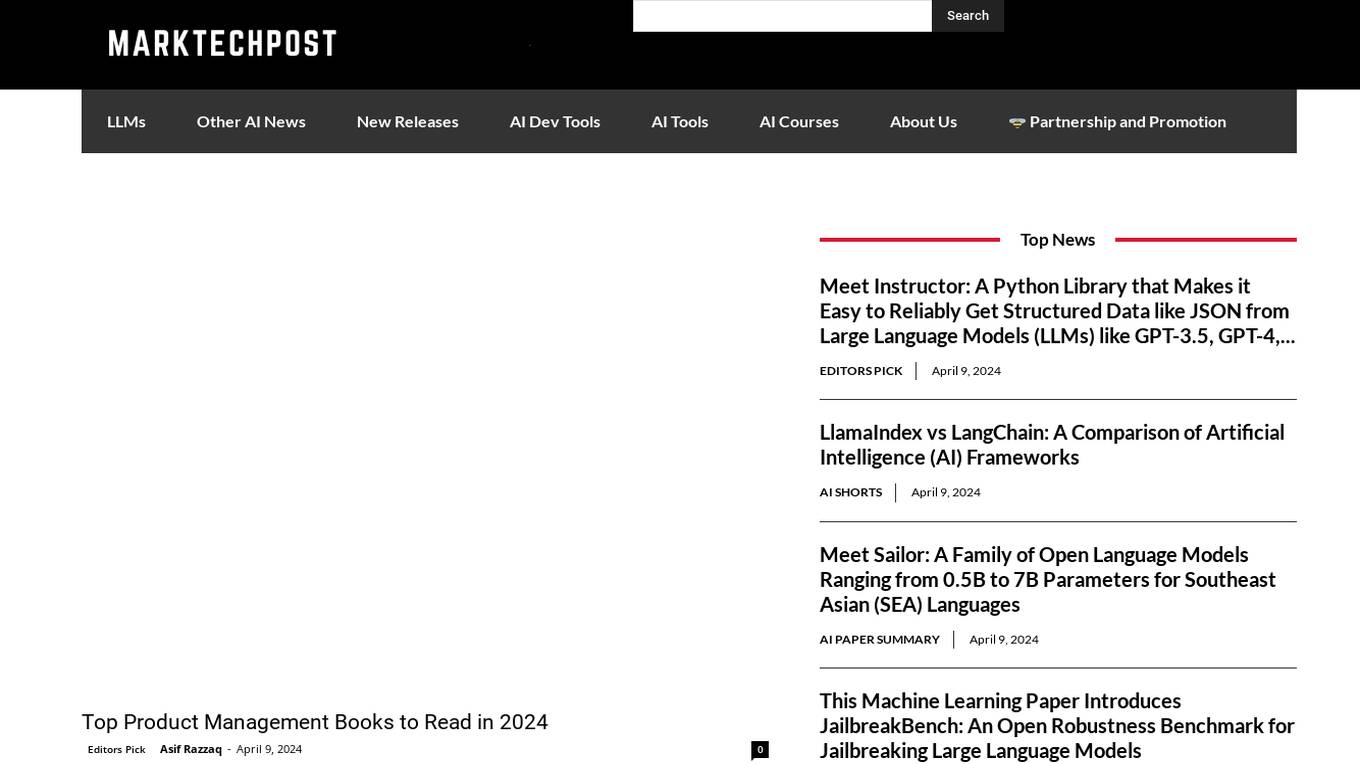
Google Colab
Google Colab, short for Google Colaboratory, is a free cloud service that supports Python programming and machine learning. It's a dynamic tool that enables users to write and execute Python code through a web-based interface, providing access to powerful computing resources without the need for local setup. Google Colab is particularly useful for data scientists, researchers, and students who require a convenient and accessible platform for developing and experimenting with machine learning models.
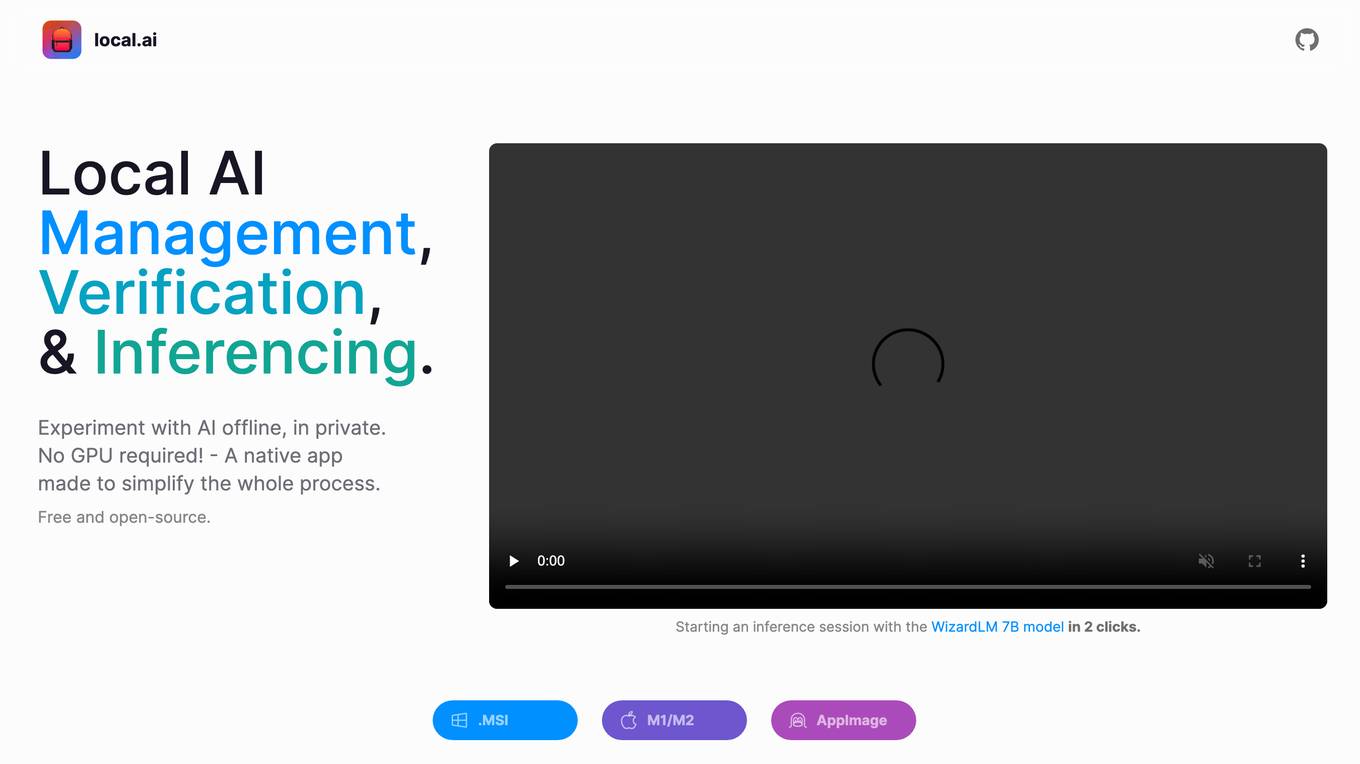
Local AI Playground
Local AI Playground is a free and open-source native app designed for AI management, verification, and inferencing. It allows users to experiment with AI offline in a private environment without the need for a GPU. The application is memory-efficient and compact, with features like CPU inferencing, model management, and digest verification. Users can start a local streaming server for AI inferencing with just two clicks. Local AI Playground aims to simplify the AI process and provide a seamless experience for users.
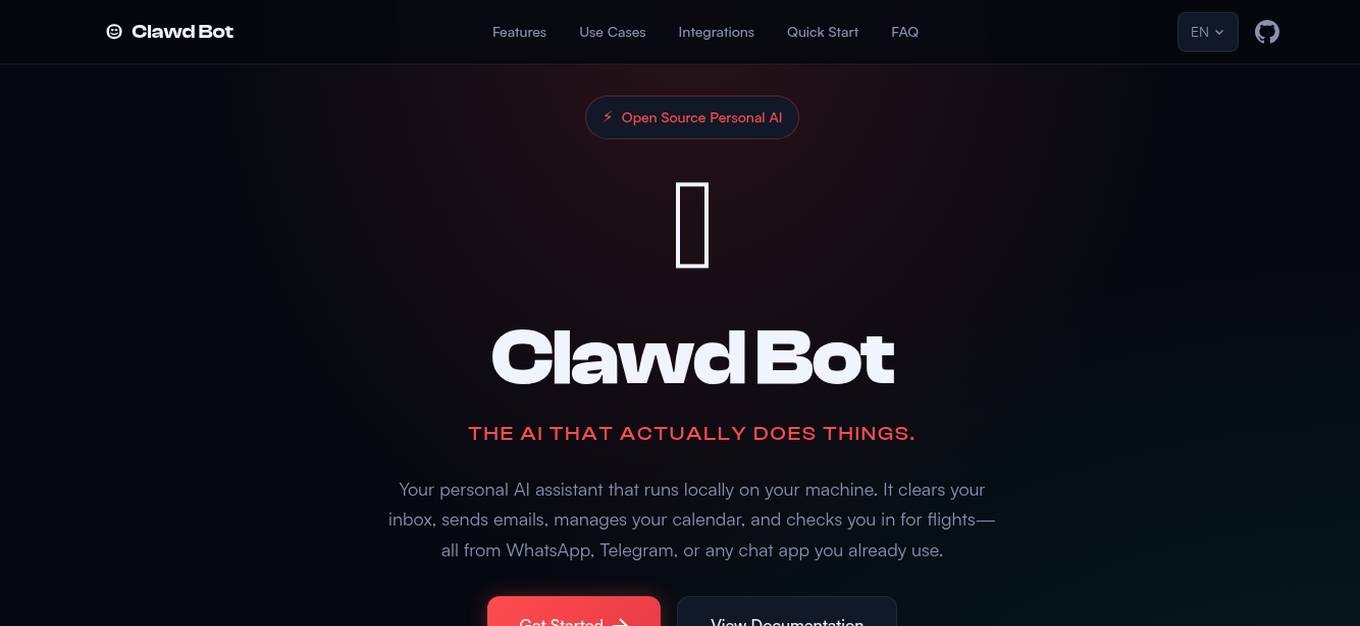
Clawd Bot
Clawd Bot is a personal AI assistant that runs locally on your machine, allowing you to control it via various messaging platforms like WhatsApp, Telegram, Discord, Slack, Signal, or iMessage. It offers features such as Persistent Memory, Browser Control, System Access, and Skills & Plugins. With 50+ integrations, it helps with tasks like email management, calendar scheduling, flight check-ins, research summaries, home automation, and personal finance tracking. Clawd Bot prioritizes privacy by running entirely on your machine, ensuring your data remains secure. It is user-friendly and supports popular AI models like Claude, GPT-4, and Gemini.
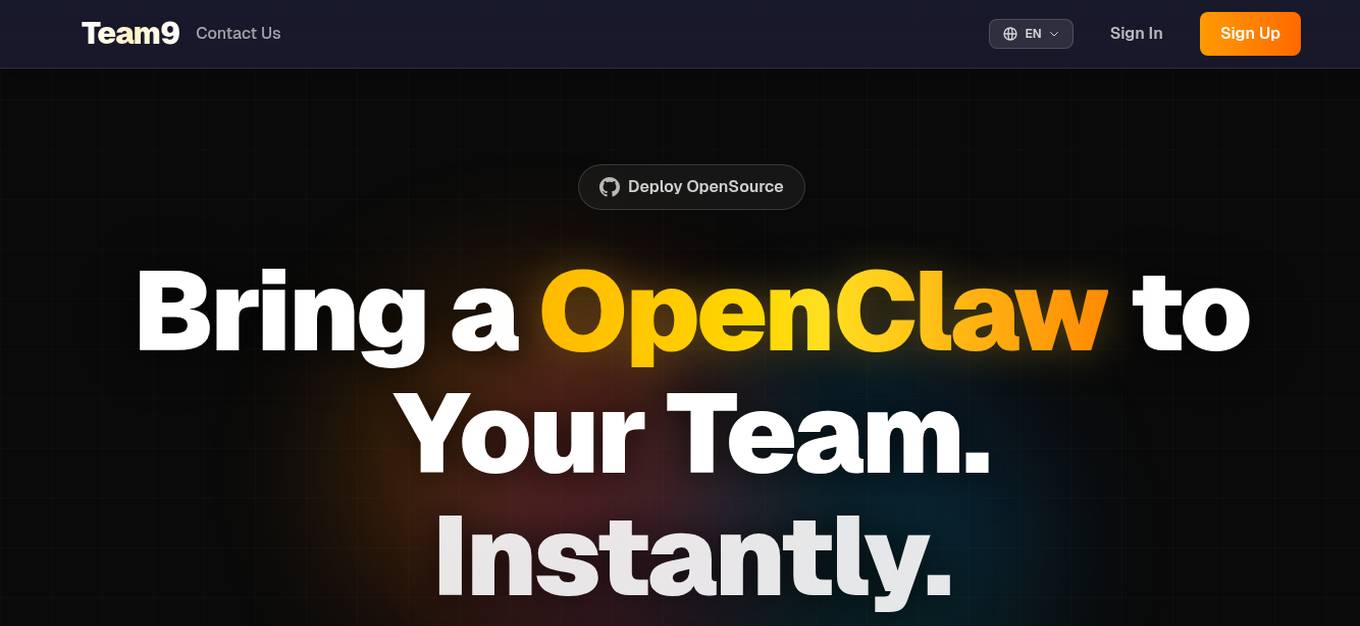
Team9
Team9 is an AI workspace application that allows users to hire AI Staff and collaborate with them as real teammates. It is built on OpenClaw and Moltbook, offering a zero-setup, managed OpenClaw experience. Users can assign tasks, share context, and coordinate work within the platform. Team9 aims to help users build an AI team, run AI-powered collaboration, and increase work efficiency with minimal overhead. The application connects users to the revolutionary AI agent ecosystem, providing instant deployment of OpenClaw without the need for complex setup or manual configuration.
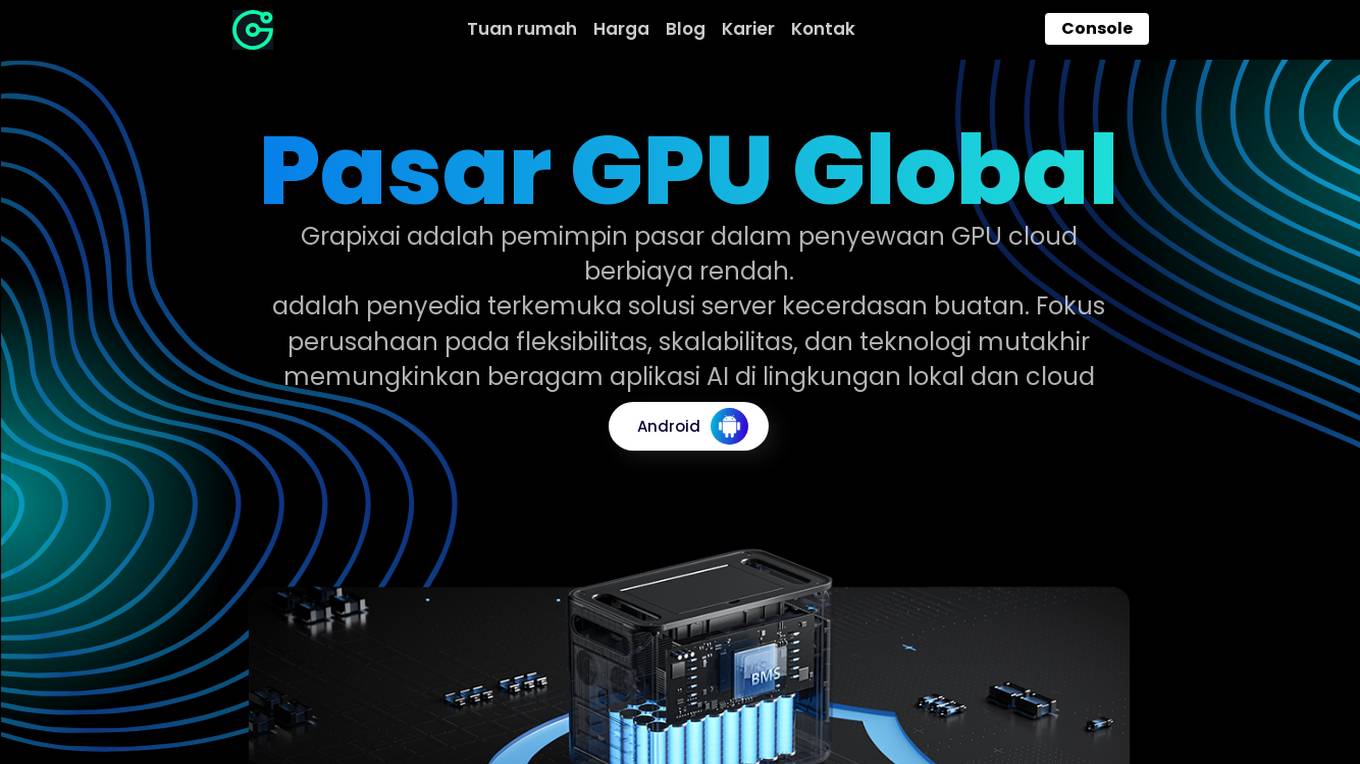
GrapixAI
GrapixAI is a leading provider of low-cost cloud GPU rental services and AI server solutions. The company's focus on flexibility, scalability, and cutting-edge technology enables a variety of AI applications in both local and cloud environments. GrapixAI offers the lowest prices for on-demand GPUs such as RTX4090, RTX 3090, RTX A6000, RTX A5000, and A40. The platform provides Docker-based container ecosystem for quick software setup, powerful GPU search console, customizable pricing options, various security levels, GUI and CLI interfaces, real-time bidding system, and personalized customer support.

Lootgod
Lootgod is an AI-powered e-commerce platform that enables users to design merchandise, automate fulfillment, and support local small businesses. The platform allows users to create real products for sale in minutes using AI automation, merchandise their dreams quickly, and own their art forever. Lootgod collaborates with artists to define their intellectual property standards on the blockchain and builds a backbone for crypto based on utilities like energy, land, water, and food. The platform aims to make e-commerce setup easier than ever, offering features like print-on-demand fulfillment, locally sourced manufacturing, and high-quality products with zero inventory risk.

Power Dialer
Power Dialer is an AI-powered auto dialer tool designed to streamline sales processes and CRM integration. It offers features like Predictive Dialing, Analytics & Reporting, Auto Voicemail Drop, Voicemail Detection, and Real-Time Call Monitoring. The tool is suitable for various industries and company sizes, providing solutions for customer support, lead qualification, and sales dialing. Power Dialer enhances outbound sales with VoIP-enabled capabilities, local presence dialing, and built-in AI for call intelligence. It offers a simple, unified workflow, fast setup with zero tech debt, and compliance features for data protection. The tool helps in performance tracking, CRM data synchronization, and is trusted by B2B sales teams for its efficiency and scalability.
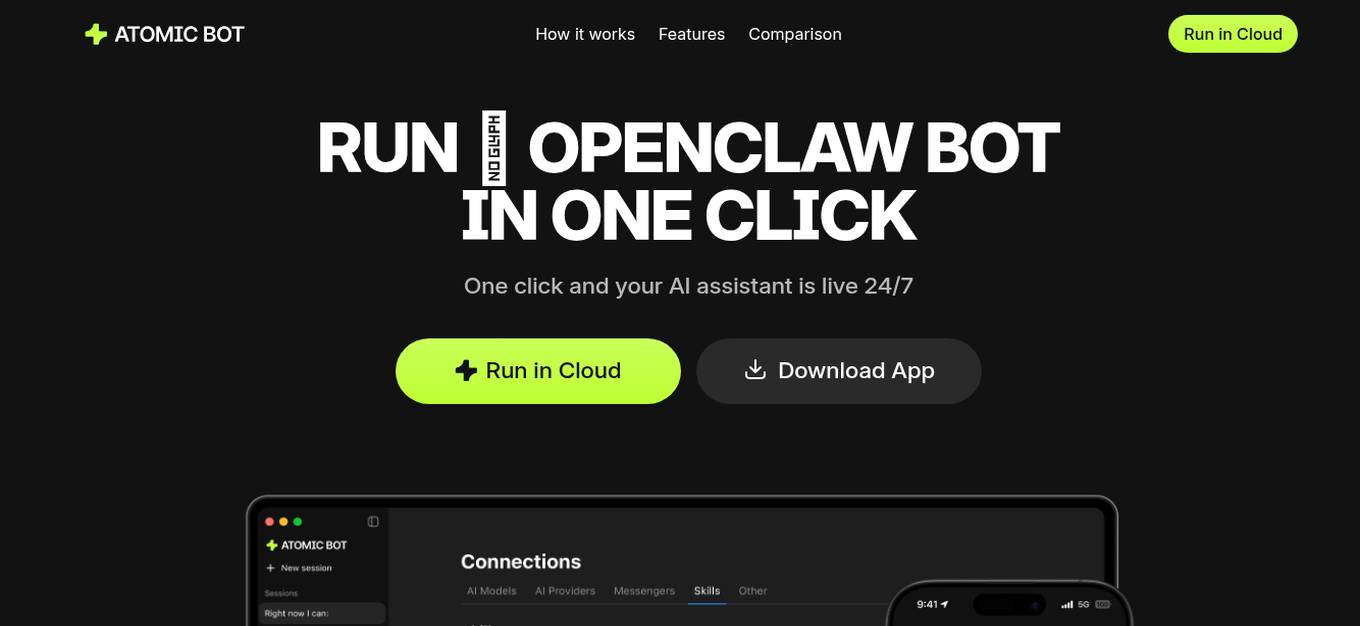
Atomic Bot
Atomic Bot is an AI application that serves as a user-friendly native app bringing OpenClaw (Clawdbot) capabilities to everyday users. It offers a simplified way to access the full OpenClaw experience through a human-friendly interface, enabling users to manage tasks such as email, calendars, documents, browser actions, and workflows efficiently. With features like Gmail management, calendar autopilot, document summarization, browser control, and task automation, Atomic Bot aims to enhance productivity and streamline daily workflows. The application prioritizes privacy by allowing users to choose between running it on their local device, in the cloud, or a hybrid setup, ensuring data control and security.

BetterLegal
BetterLegal is a one-stop-shop for setting up a new business quickly and efficiently. With straightforward pricing and rapid turnaround, BetterLegal handles all necessary filings, generates custom legal documents, and provides essential services like registered agent service, compliance service, and permit & license searches. The platform simplifies the process of starting an LLC or corporation, making it easy for entrepreneurs to establish their businesses in just 2 business days.
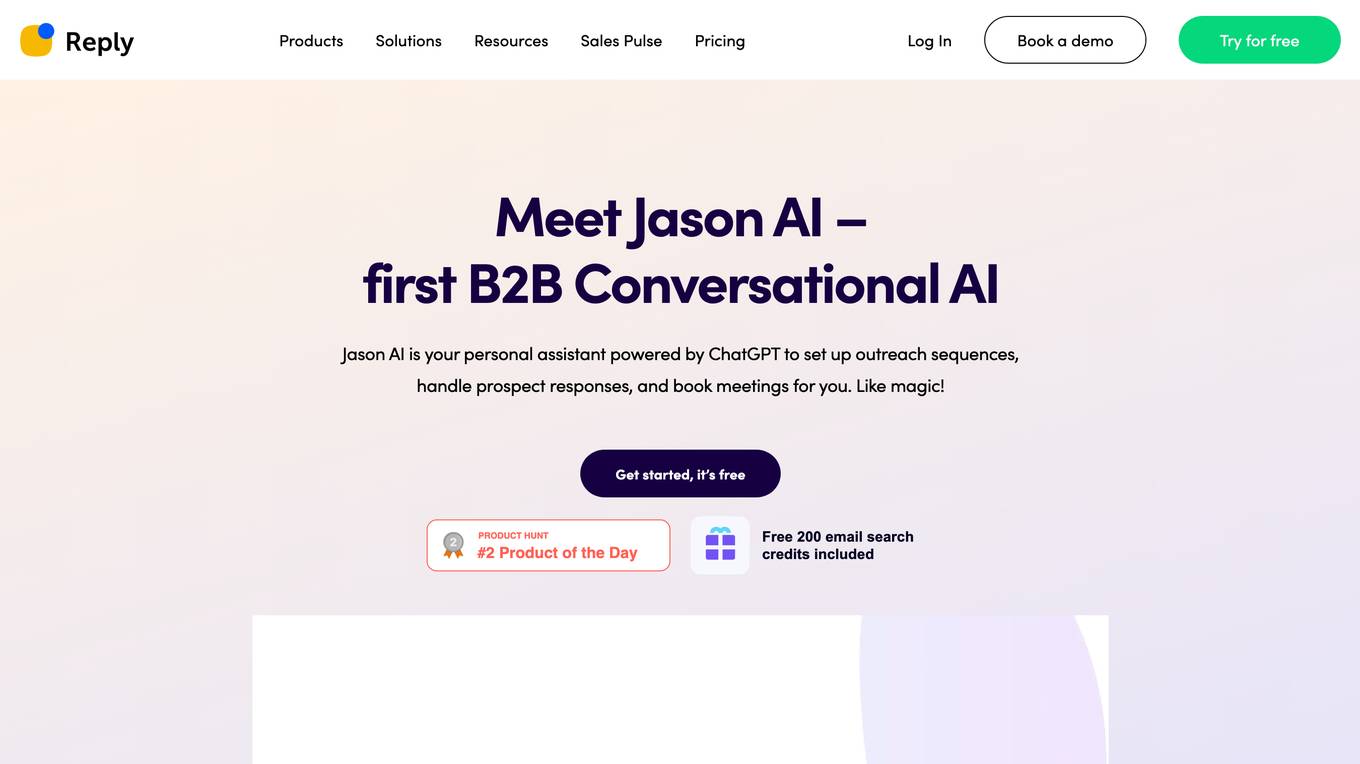
Jason AI
Jason AI is a conversational AI assistant designed specifically for B2B sales professionals. It automates outreach sequences, handles prospect responses, and books meetings, freeing up sales reps to focus on closing deals. Jason AI uses advanced natural language processing (NLP) to understand the context of conversations and respond in a personalized and engaging way. It integrates with popular CRM and email platforms, making it easy to use and manage.
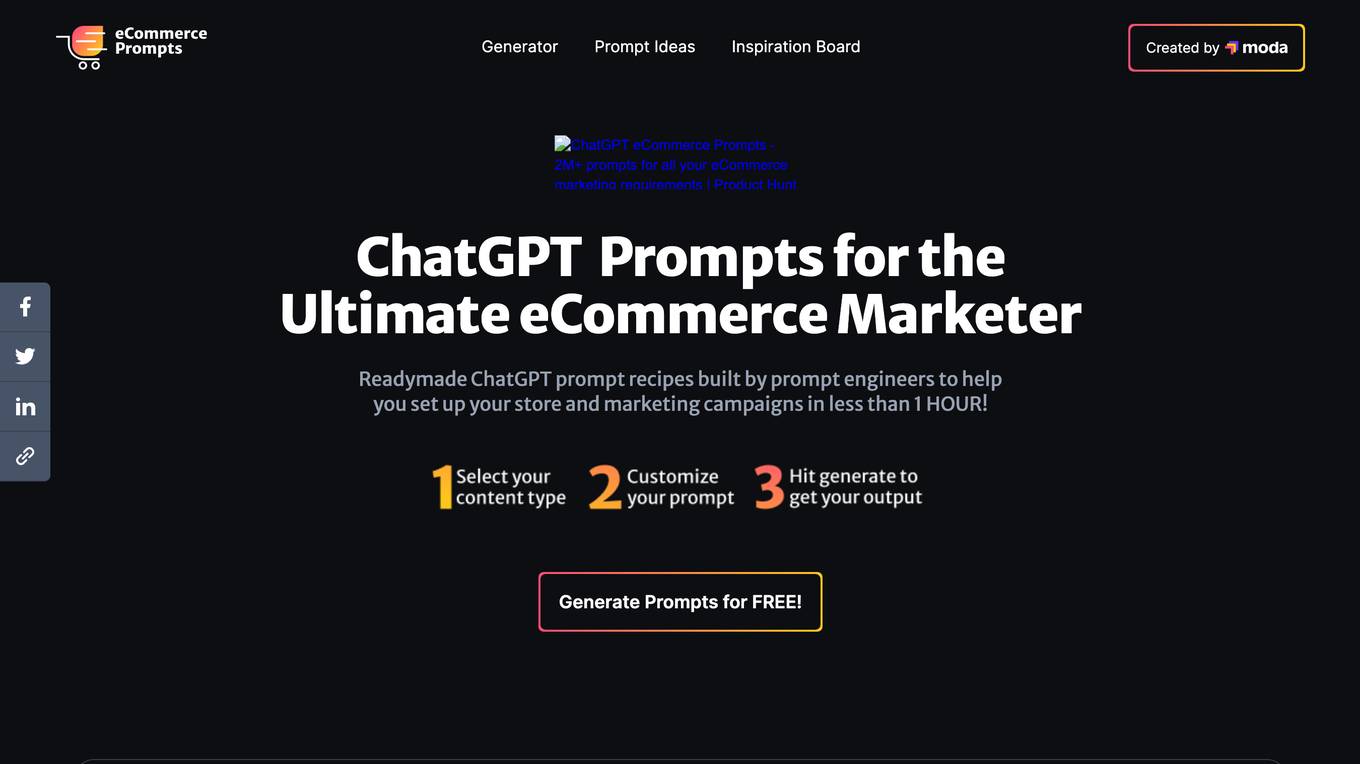
eCommerce ChatGPT Prompts Generator
eCommerce ChatGPT Prompts Generator is a tool that helps eCommerce marketers create high-quality prompts for ChatGPT. With over 2 million pre-built prompts, users can quickly and easily generate content for all their eCommerce marketing needs, including product descriptions, social media posts, email campaigns, and more. The tool also offers a variety of customization options, so users can tailor their prompts to their specific needs.
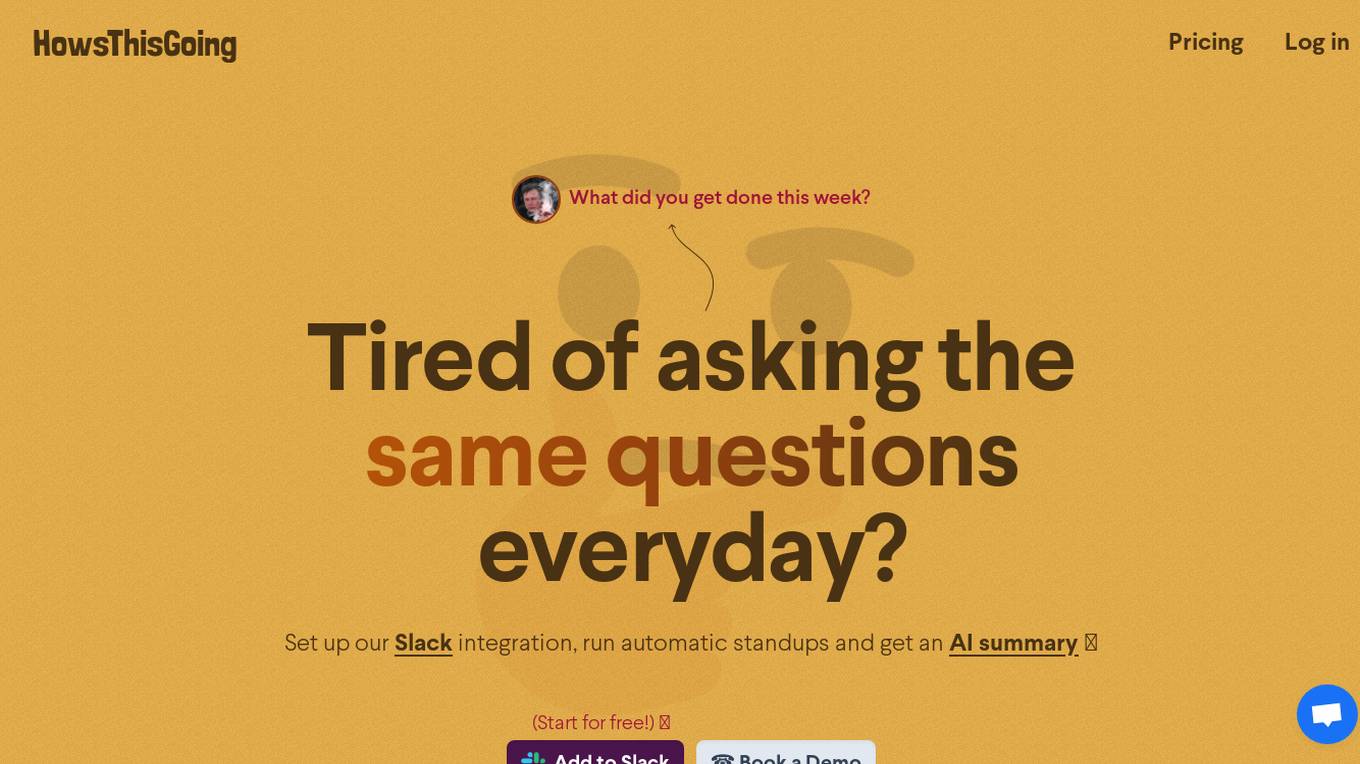
HowsThisGoing
HowsThisGoing is an AI-powered application designed to streamline team communication and productivity by enabling users to set up standups in Slack within seconds. The platform offers features such as automatic standups, AI summaries, custom tests, analytics & reporting, and workflow scheduling. Users can easily create workflows, generate AI reports, and track team performance efficiently. HowsThisGoing provides unlimited benefits at a flat price, making it a cost-effective solution for teams of all sizes.
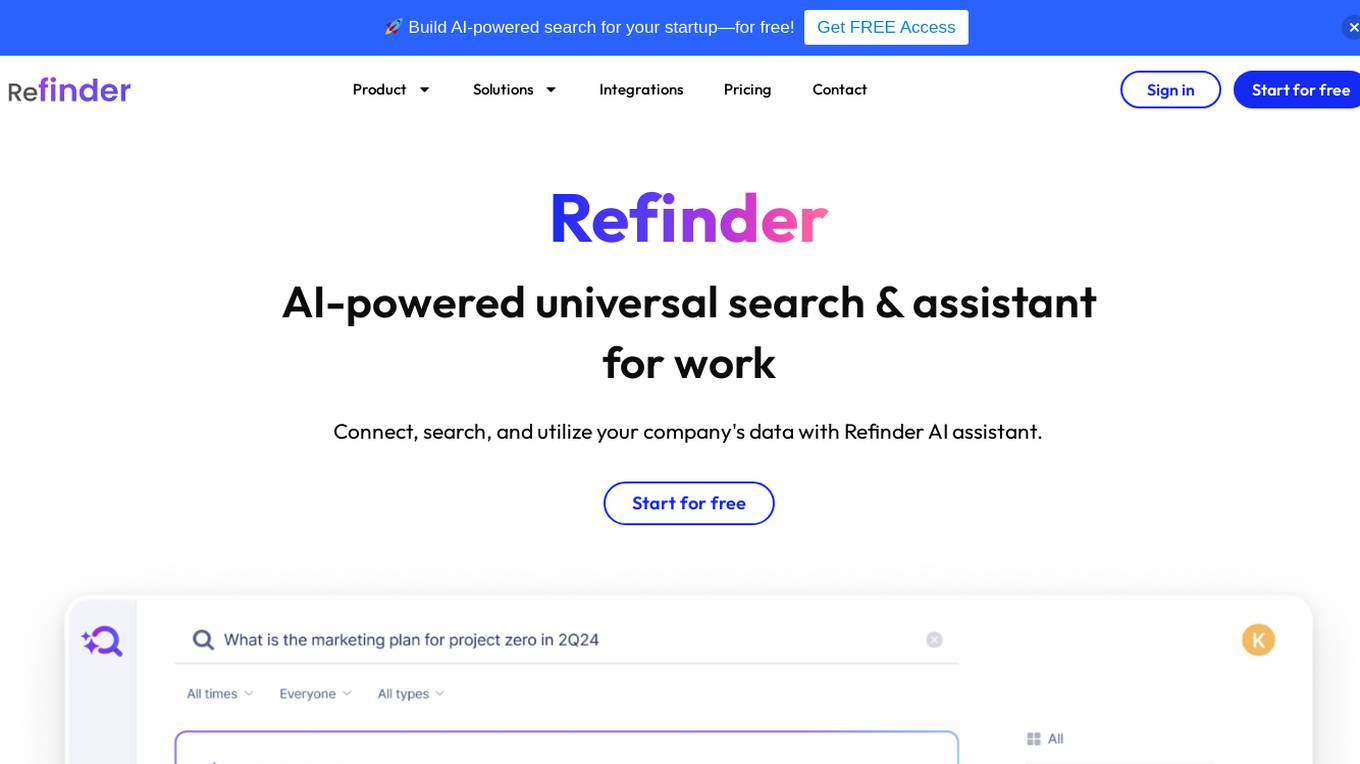
Refinder
Refinder is an AI-powered universal search and assistant designed for work. It helps users connect, search, and utilize their company's data efficiently. With Refinder, users can easily search across all their organization's apps and data, get trustworthy answers, and streamline integrations without the need for maintenance. The tool aims to address the challenges of information overload, data fragmentation, and low productivity faced by modern businesses.
1 - Open Source AI Tools
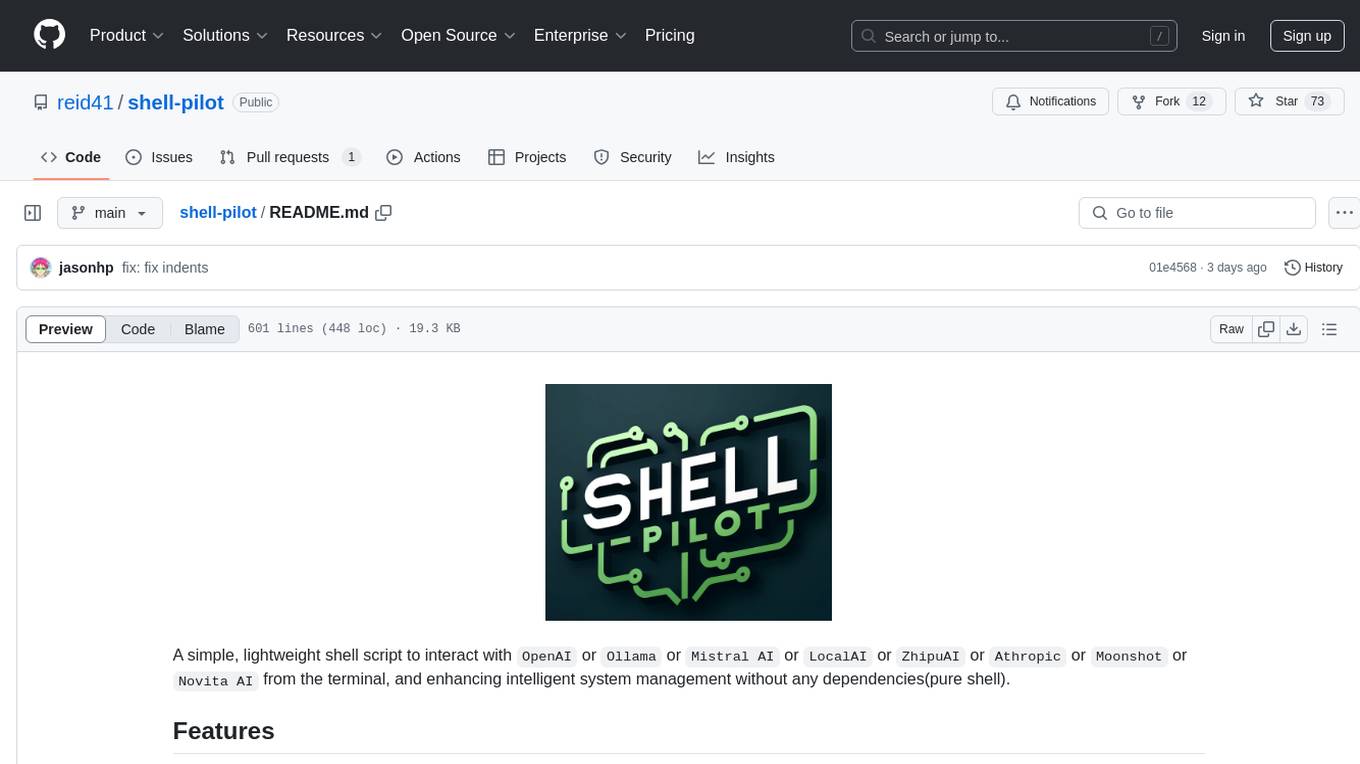
shell-pilot
Shell-pilot is a simple, lightweight shell script designed to interact with various AI models such as OpenAI, Ollama, Mistral AI, LocalAI, ZhipuAI, Anthropic, Moonshot, and Novita AI from the terminal. It enhances intelligent system management without any dependencies, offering features like setting up a local LLM repository, using official models and APIs, viewing history and session persistence, passing input prompts with pipe/redirector, listing available models, setting request parameters, generating and running commands in the terminal, easy configuration setup, system package version checking, and managing system aliases.
20 - OpenAI Gpts
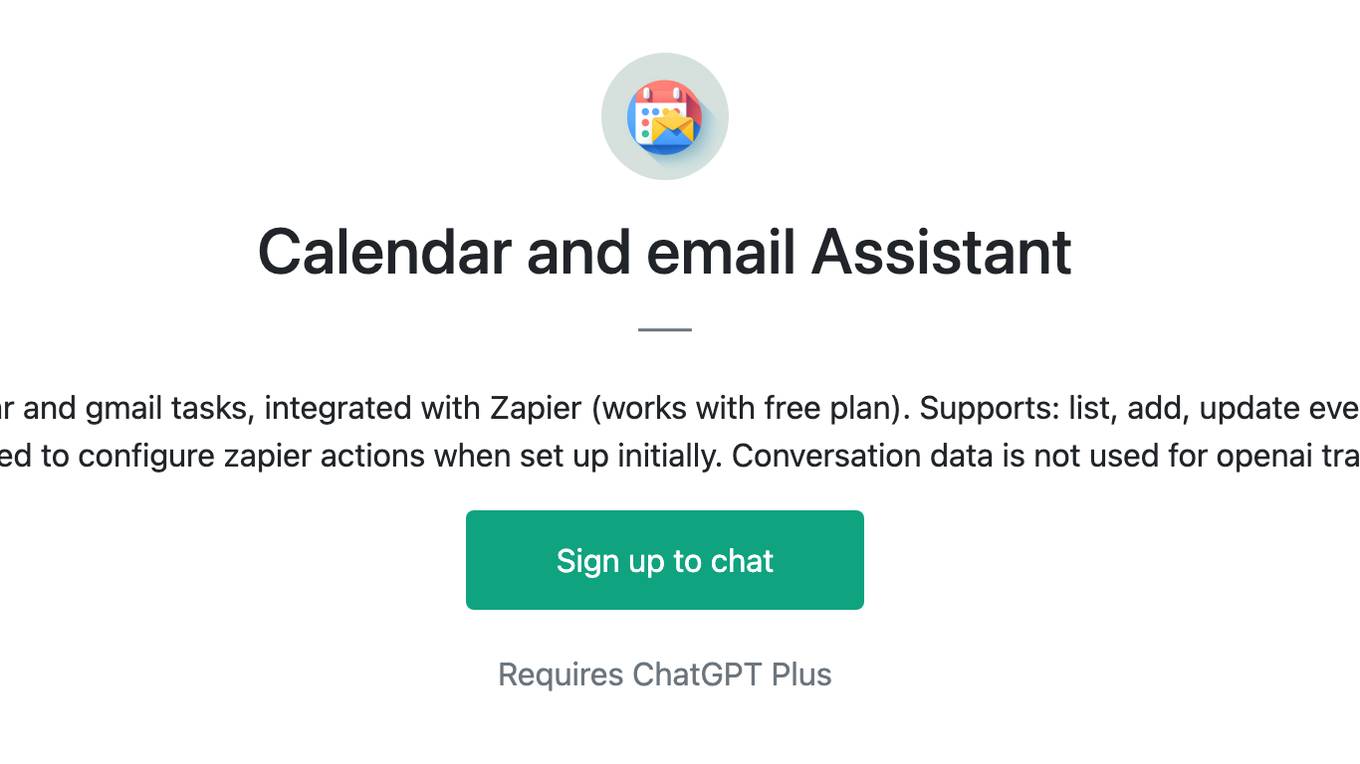
Calendar and email Assistant
Your expert assistant for Google Calendar and gmail tasks, integrated with Zapier (works with free plan). Supports: list, add, update events to calendar, send gmail. You will be prompted to configure zapier actions when set up initially. Conversation data is not used for openai training.
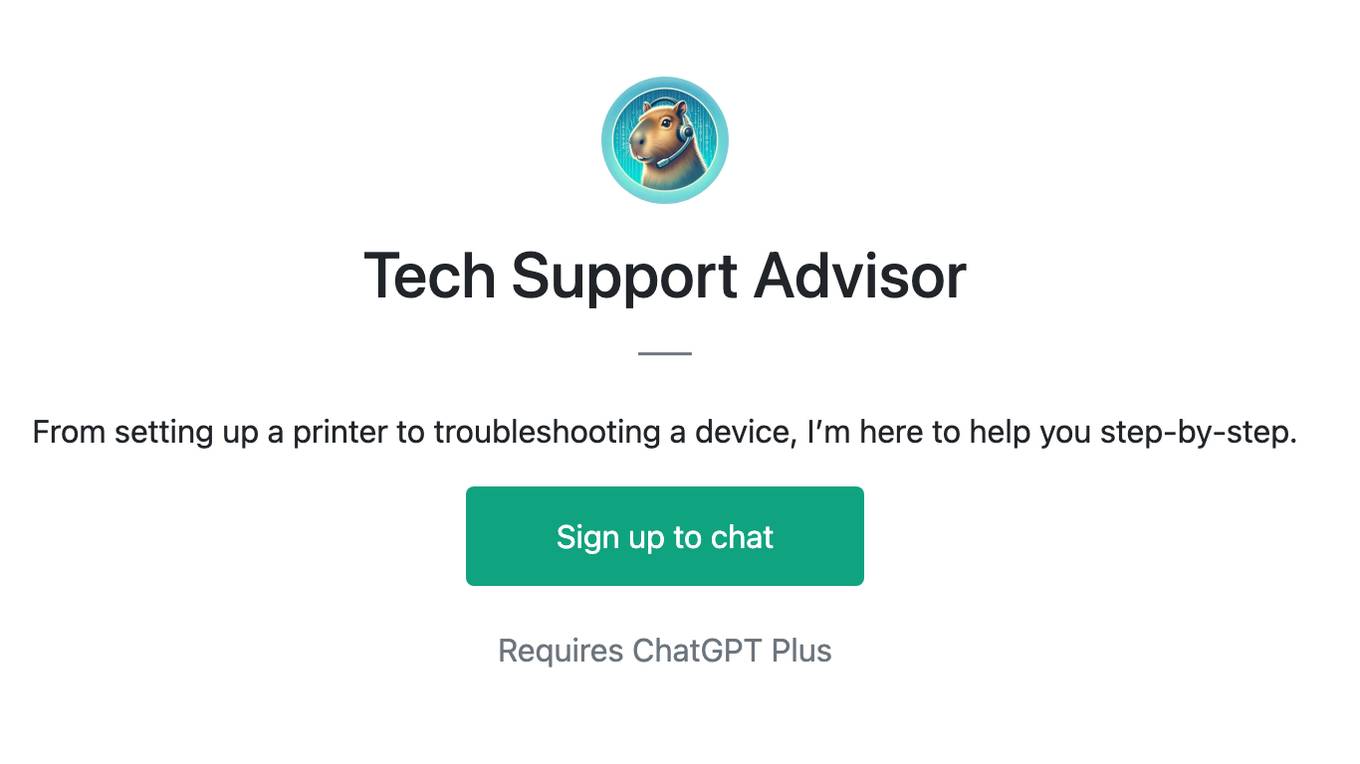
Tech Support Advisor
From setting up a printer to troubleshooting a device, I’m here to help you step-by-step.
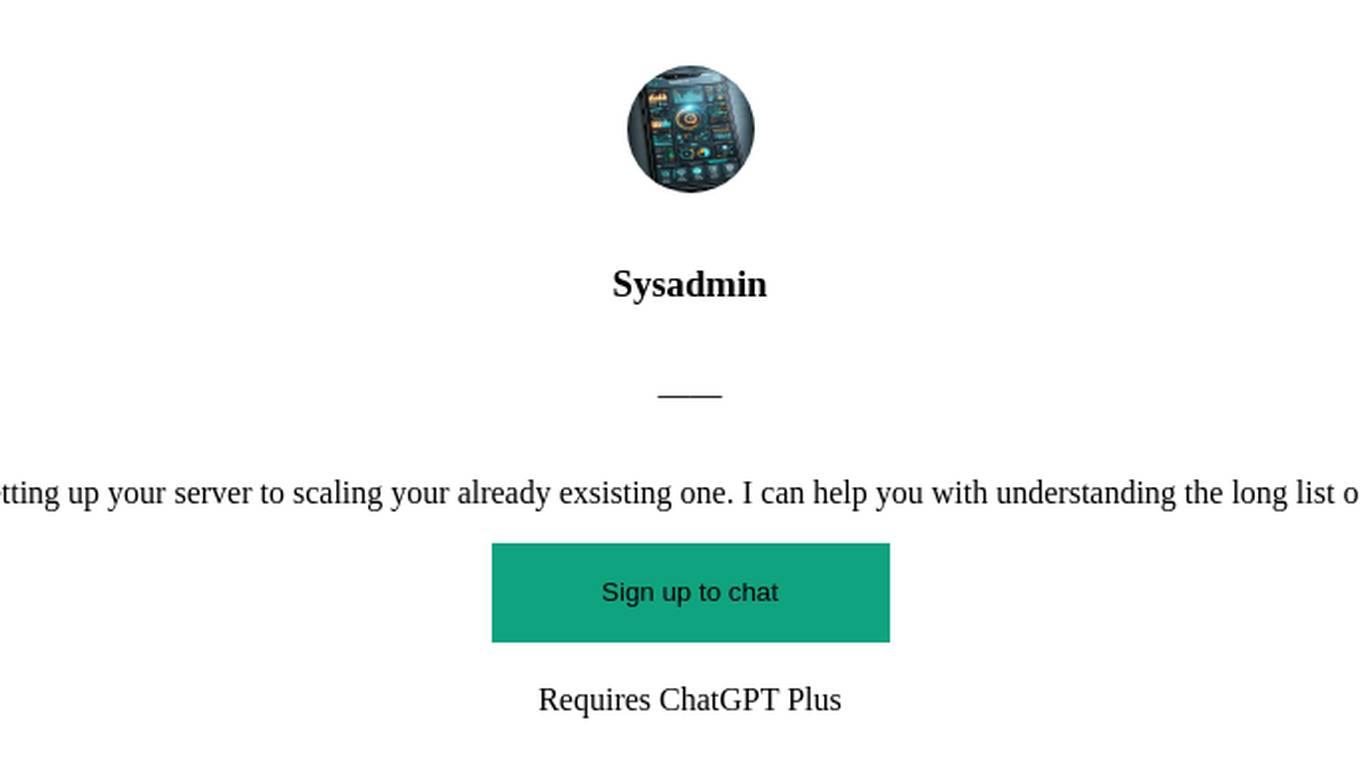
Sysadmin
I help you with all your sysadmin tasks, from setting up your server to scaling your already exsisting one. I can help you with understanding the long list of log files and give you solutions to the problems.
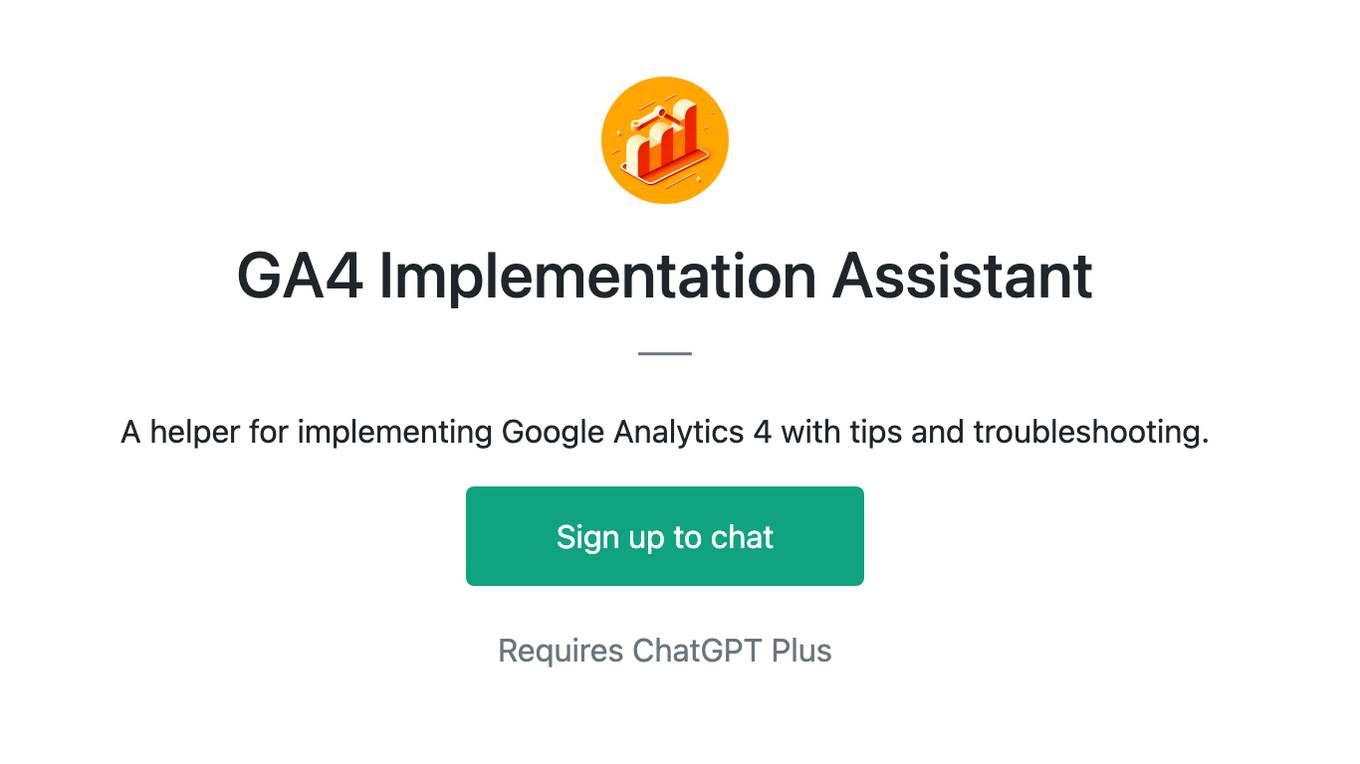
GA4 Implementation Assistant
A helper for implementing Google Analytics 4 with tips and troubleshooting.
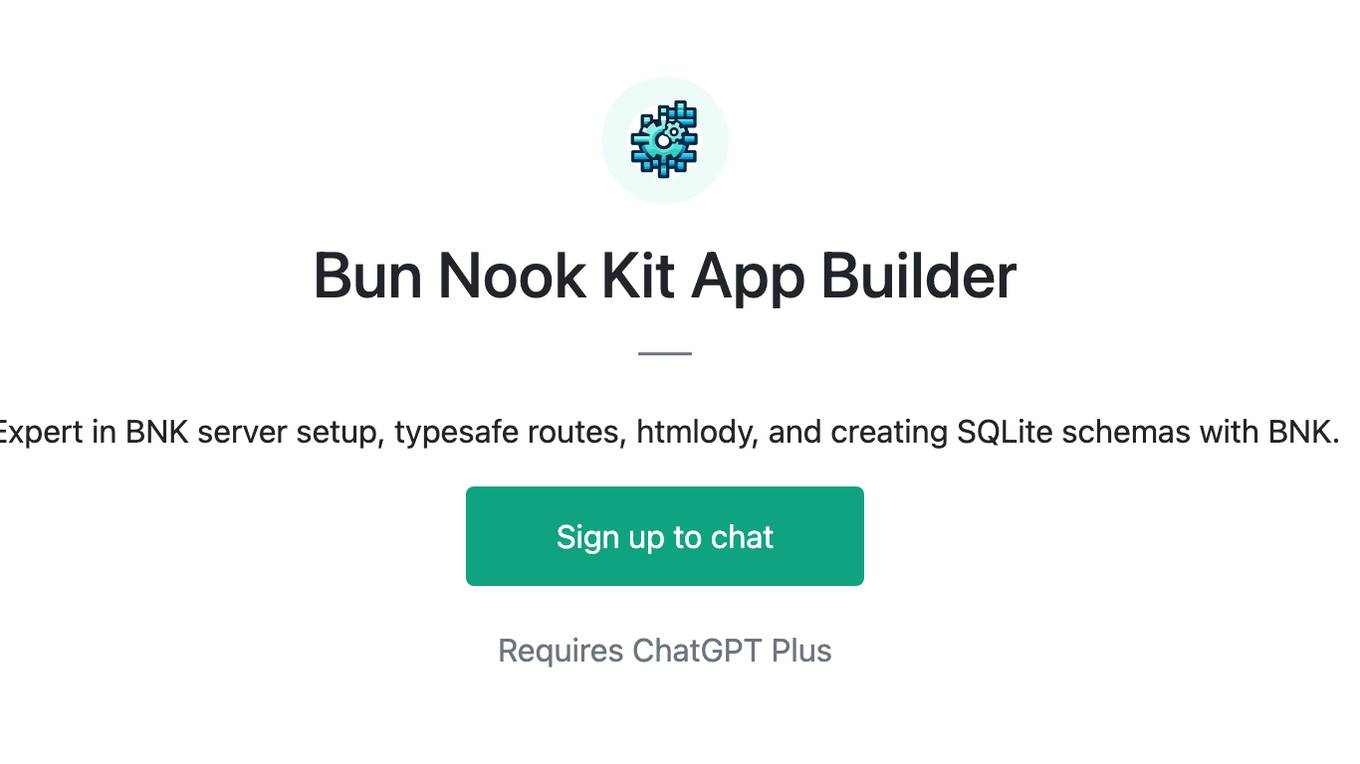
Bun Nook Kit App Builder
Expert in BNK server setup, typesafe routes, htmlody, and creating SQLite schemas with BNK.
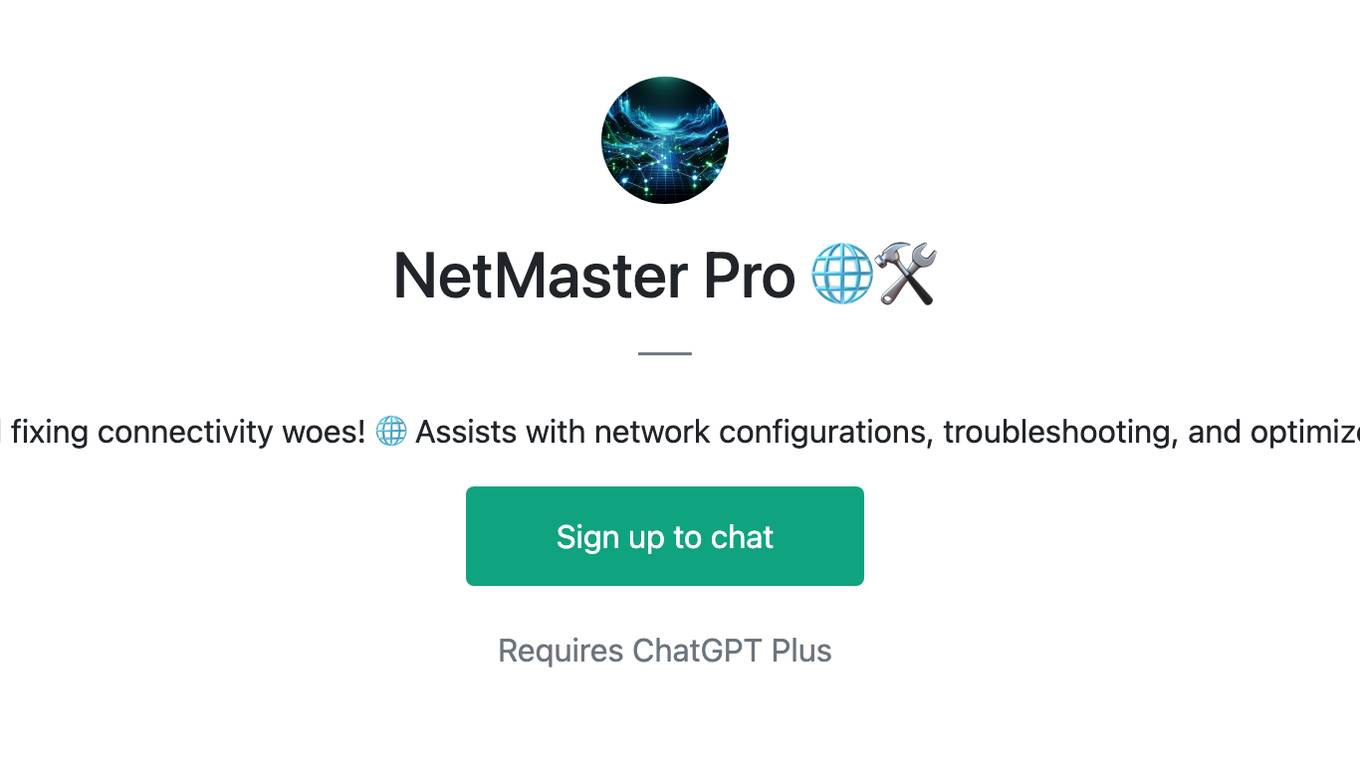
NetMaster Pro 🌐🛠️
Your AI network guru for setup and fixing connectivity woes! 🌐 Assists with network configurations, troubleshooting, and optimizes your internet experience. 💻✨
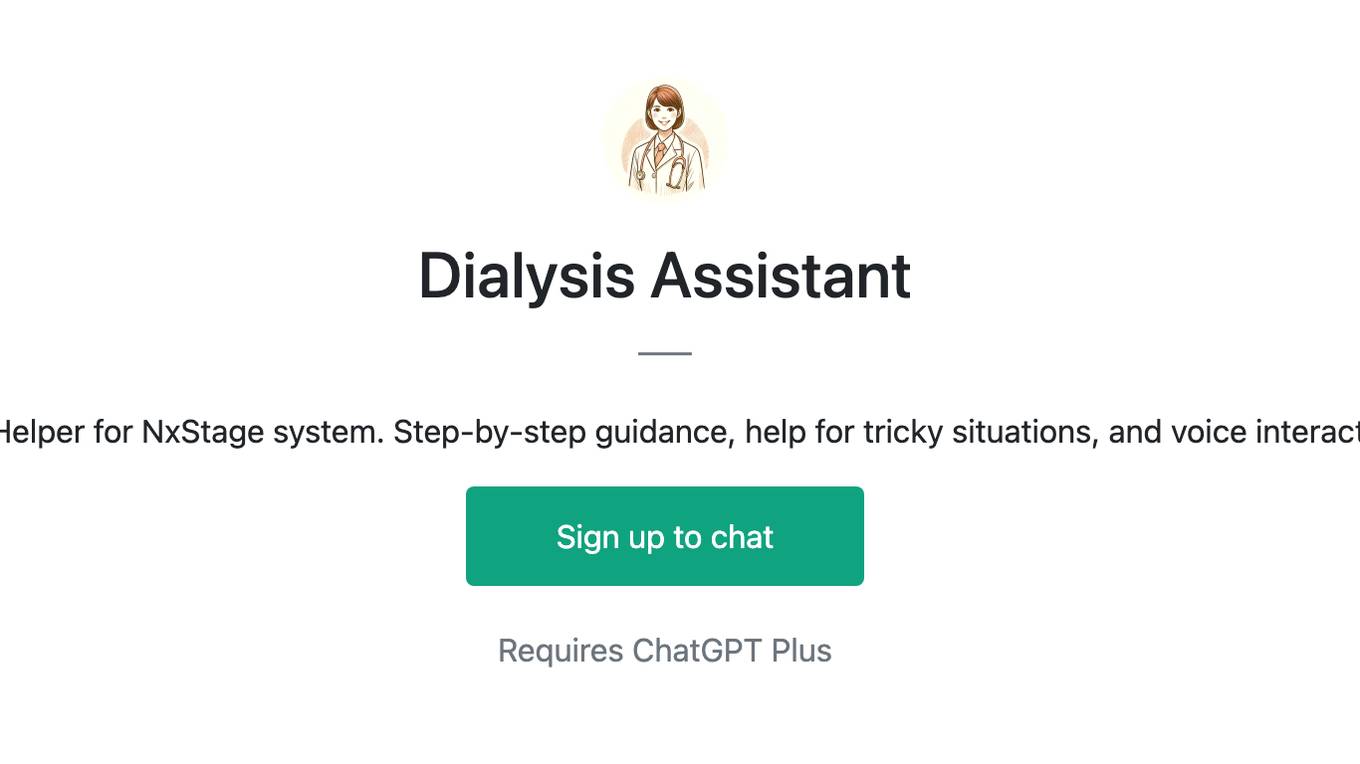
Dialysis Assistant
Home Hemodialysis Helper for NxStage system. Step-by-step guidance, help for tricky situations, and voice interaction recommended.
